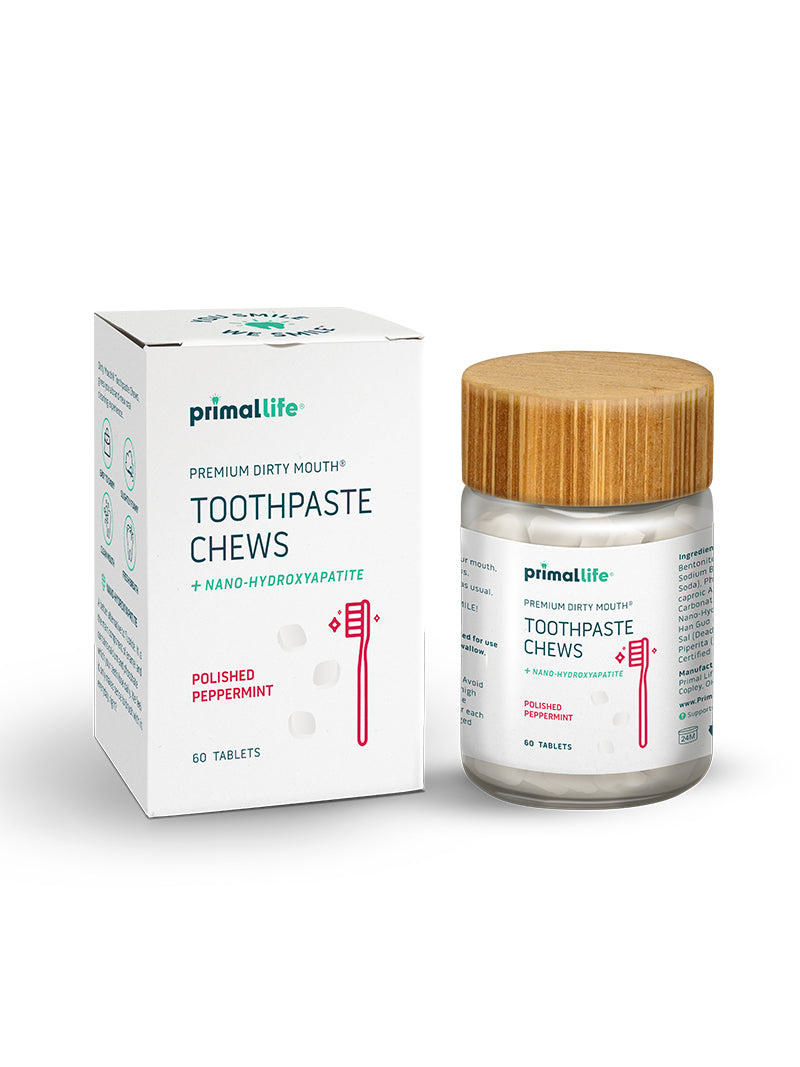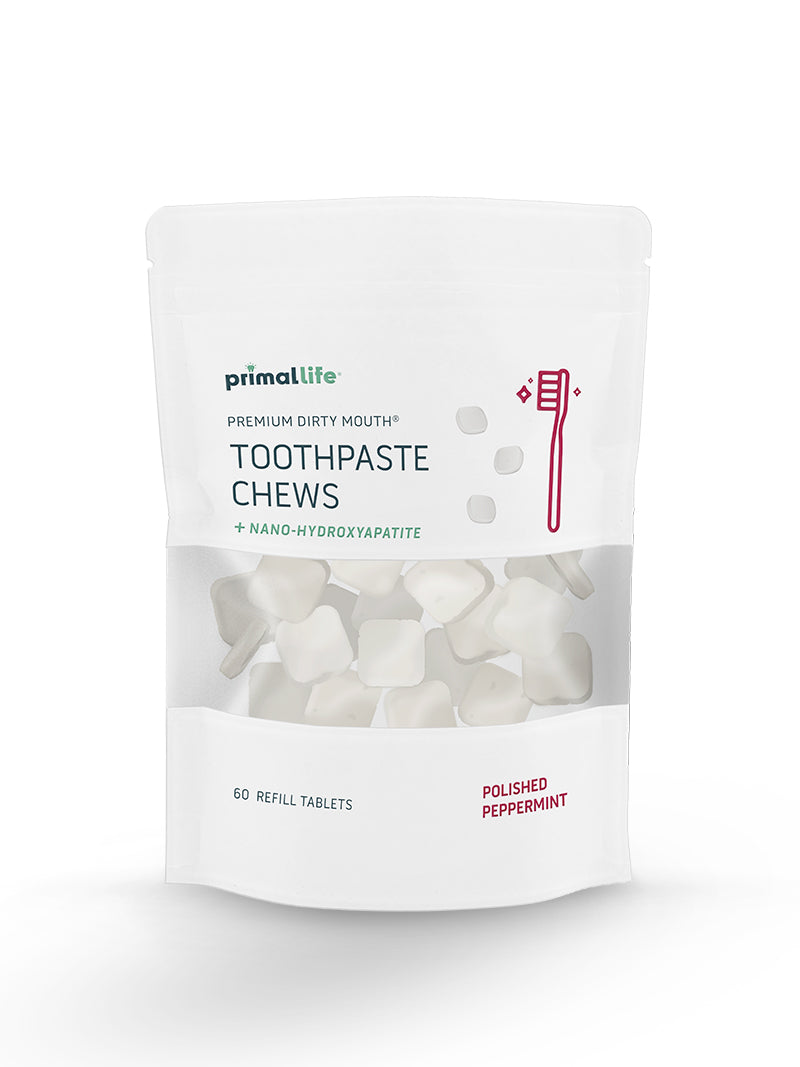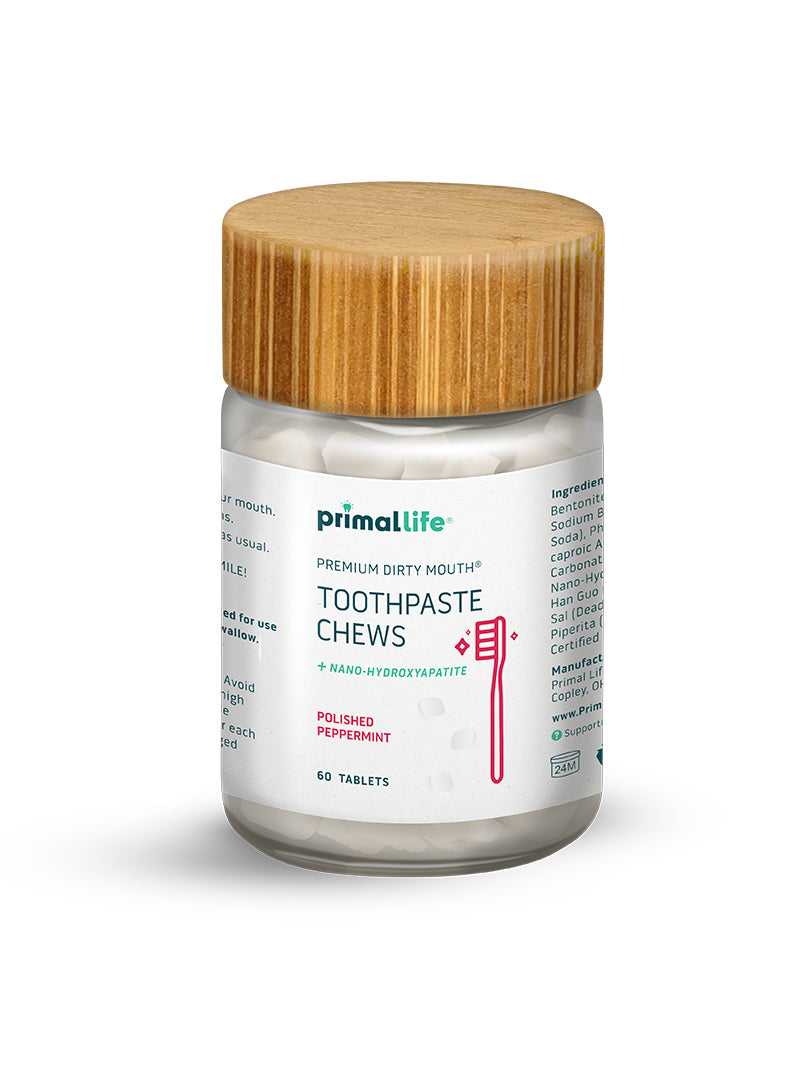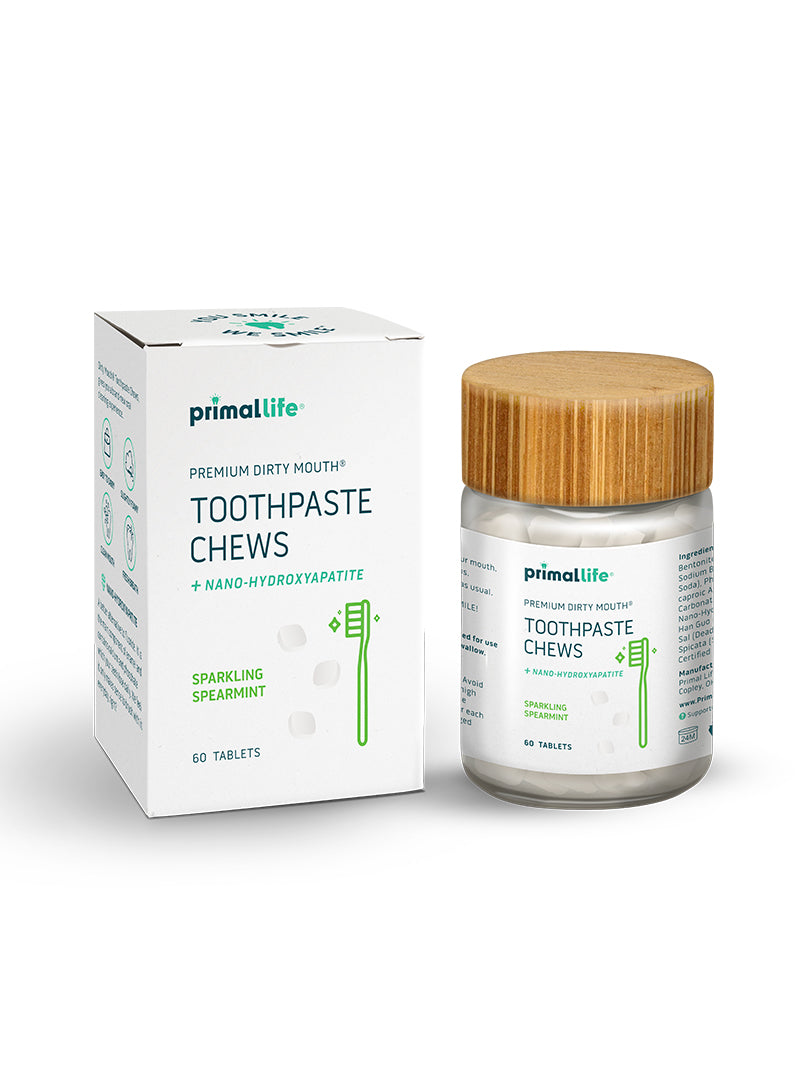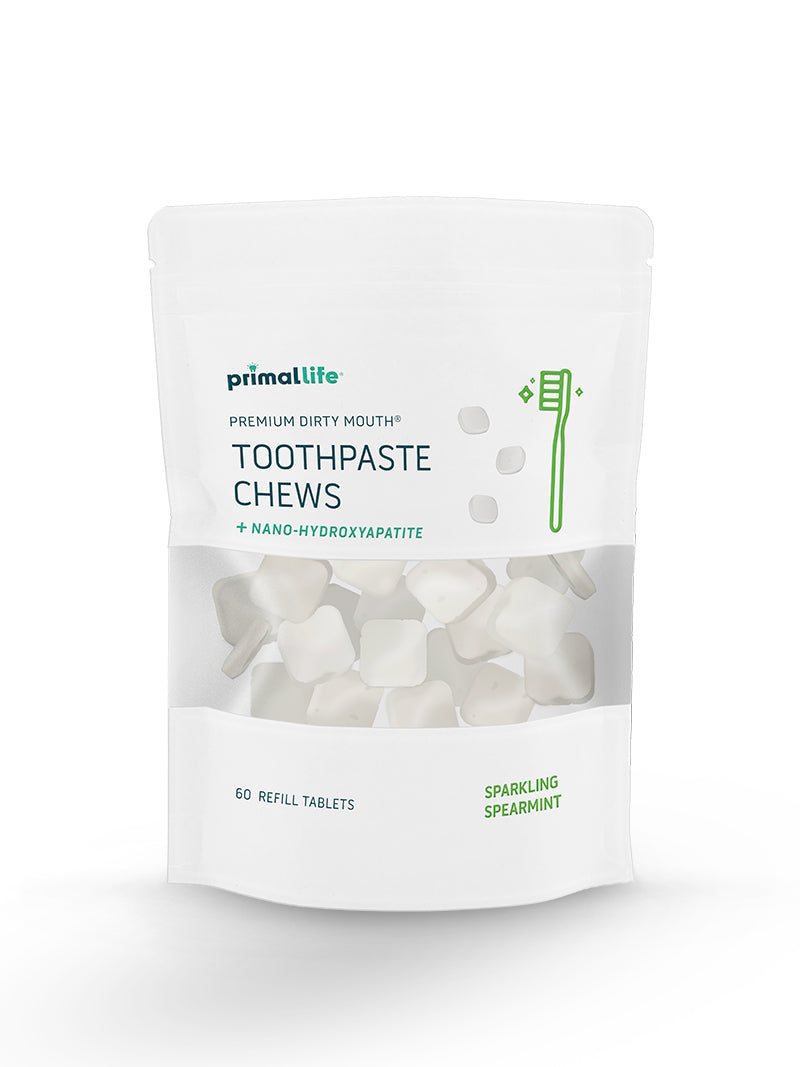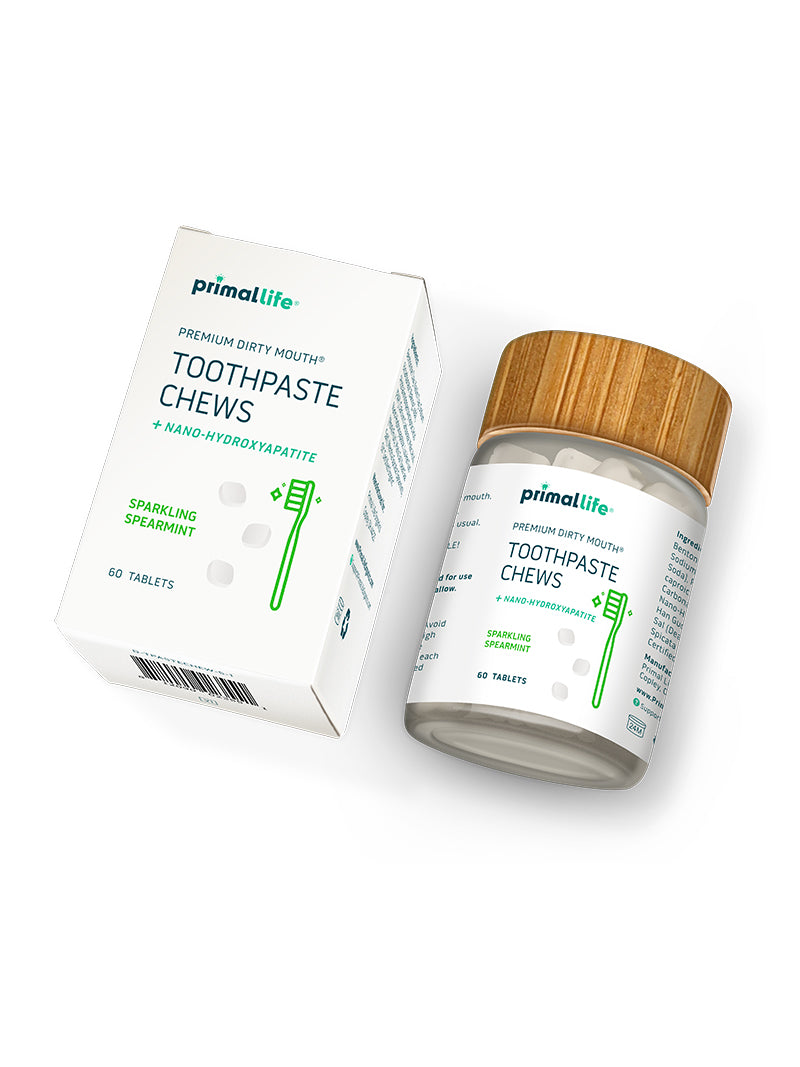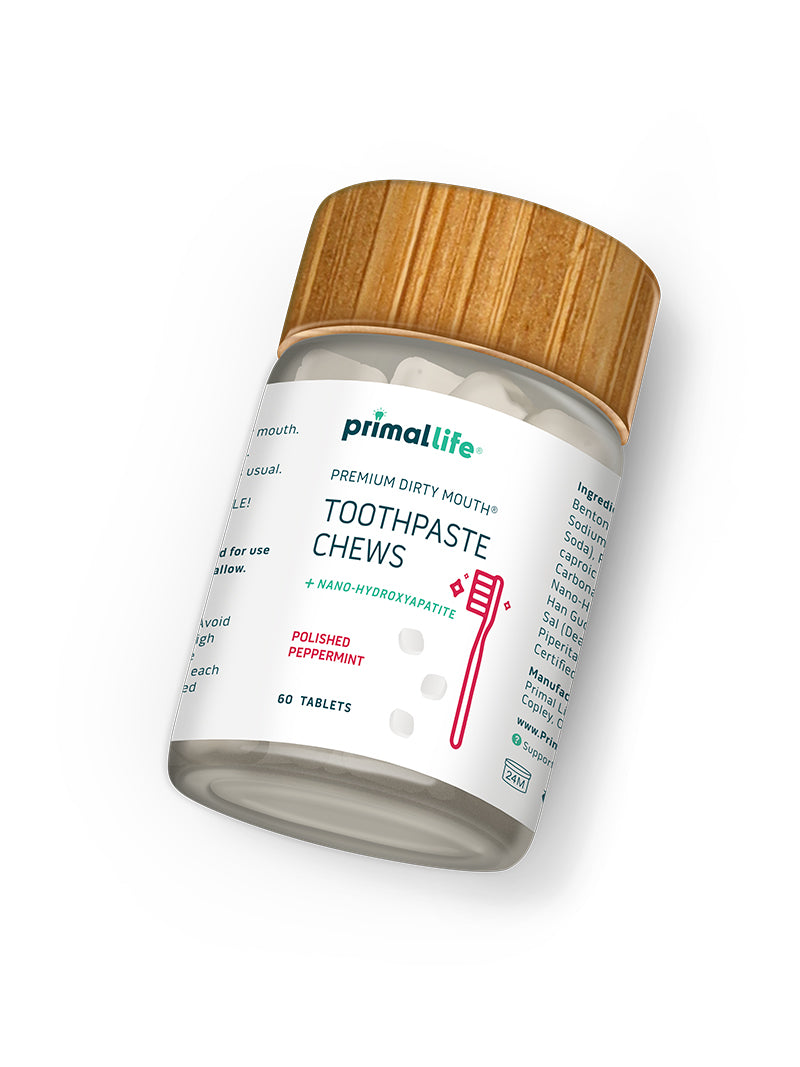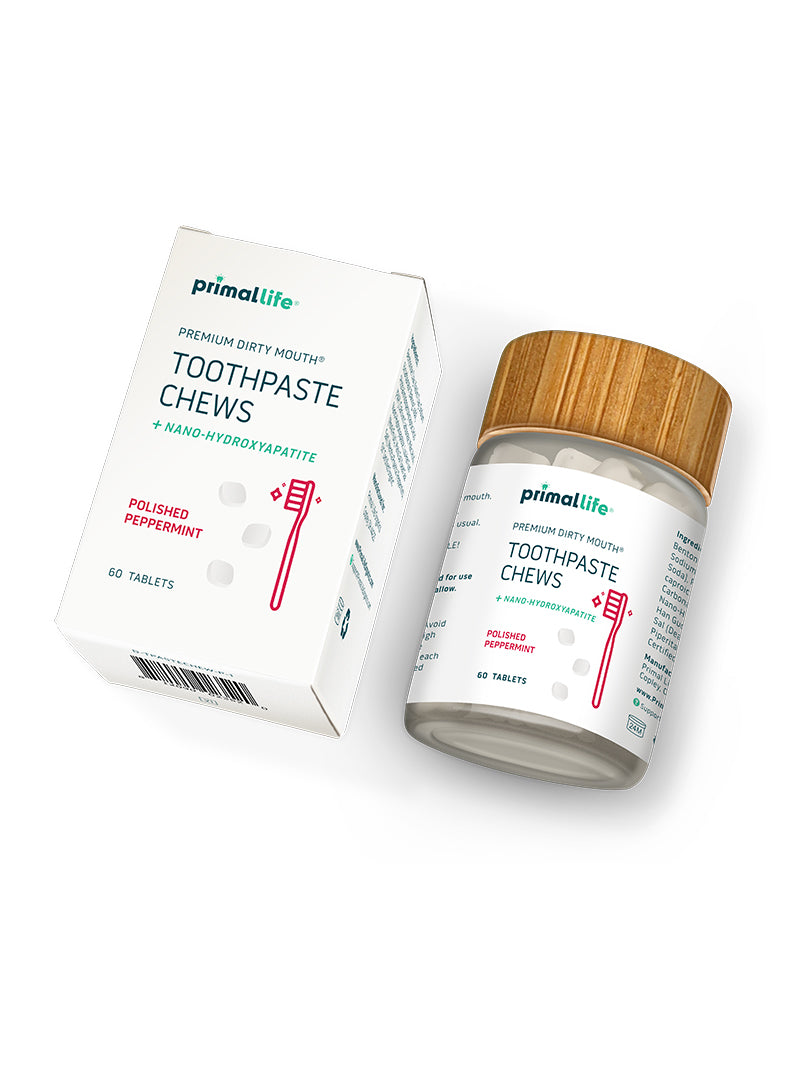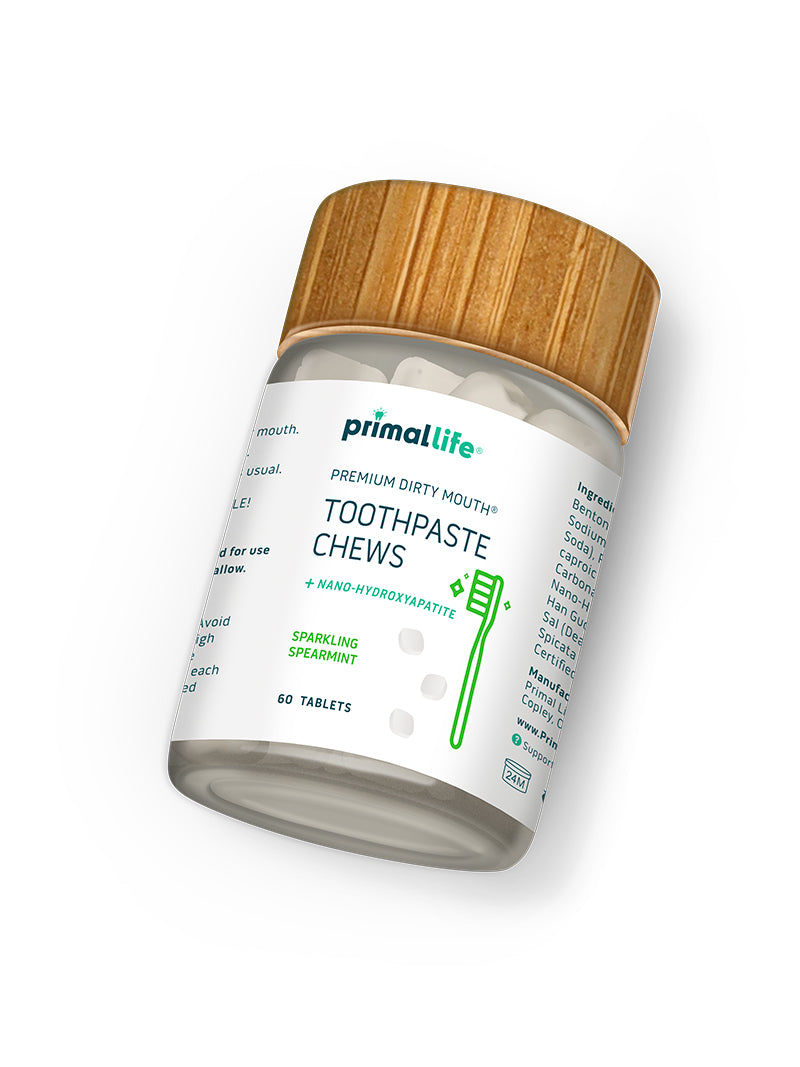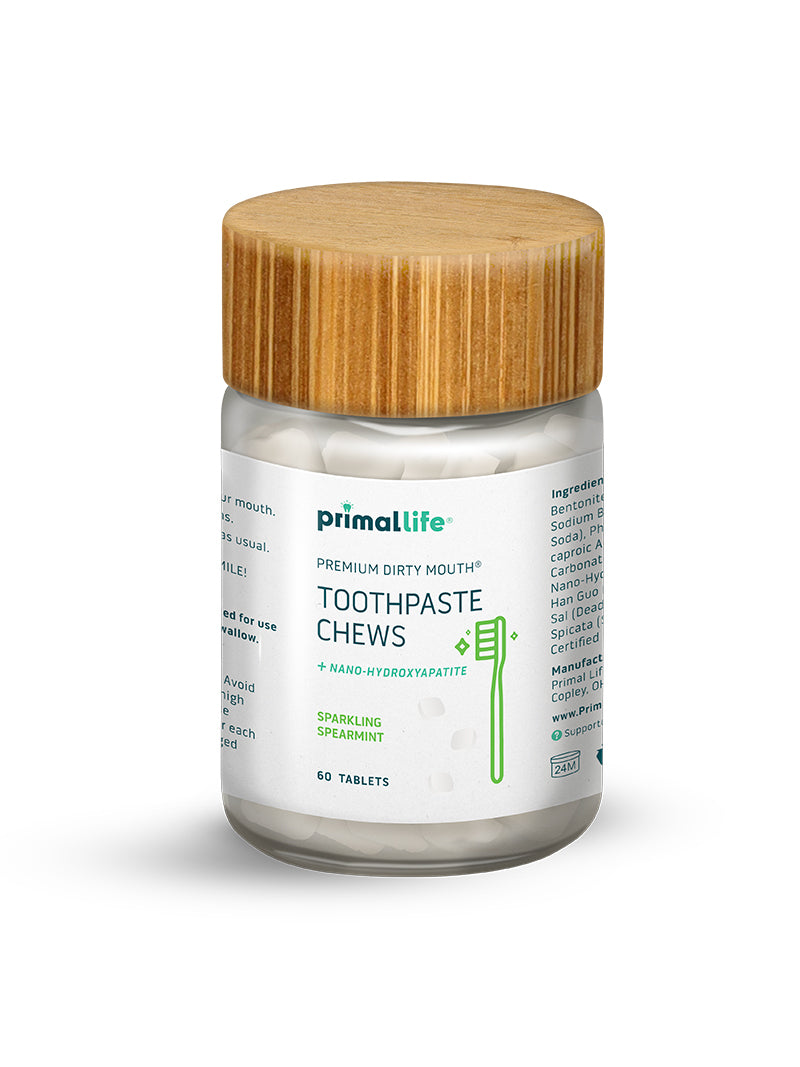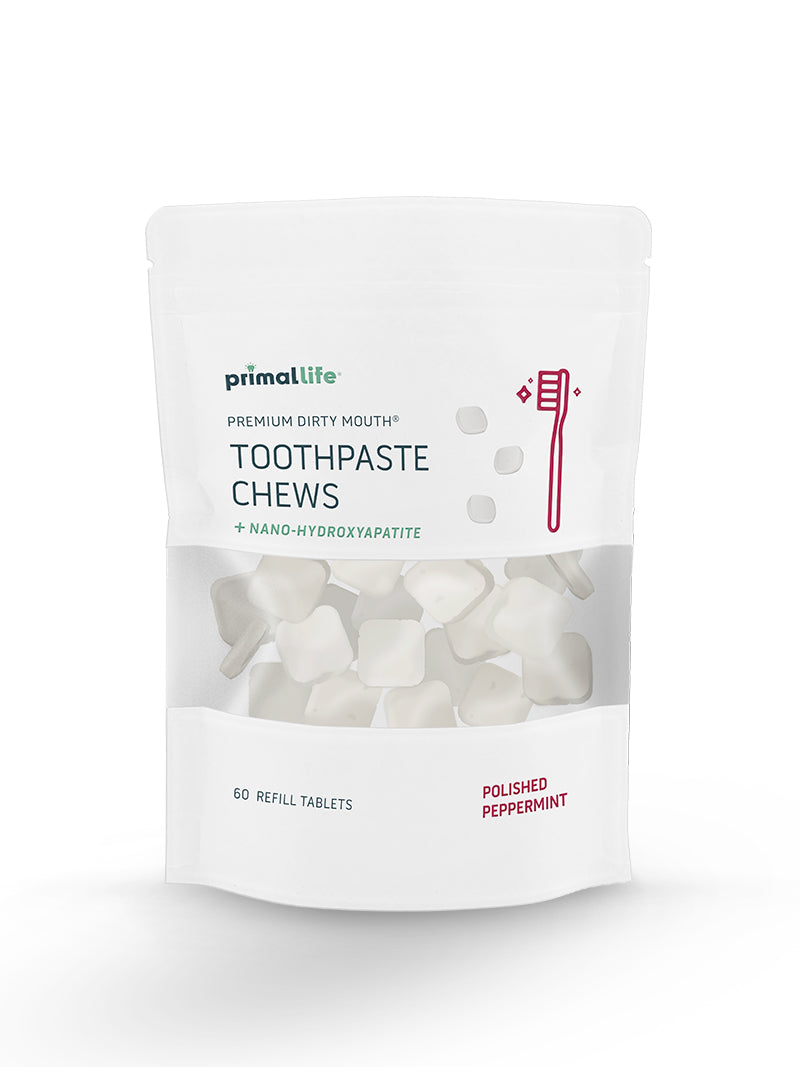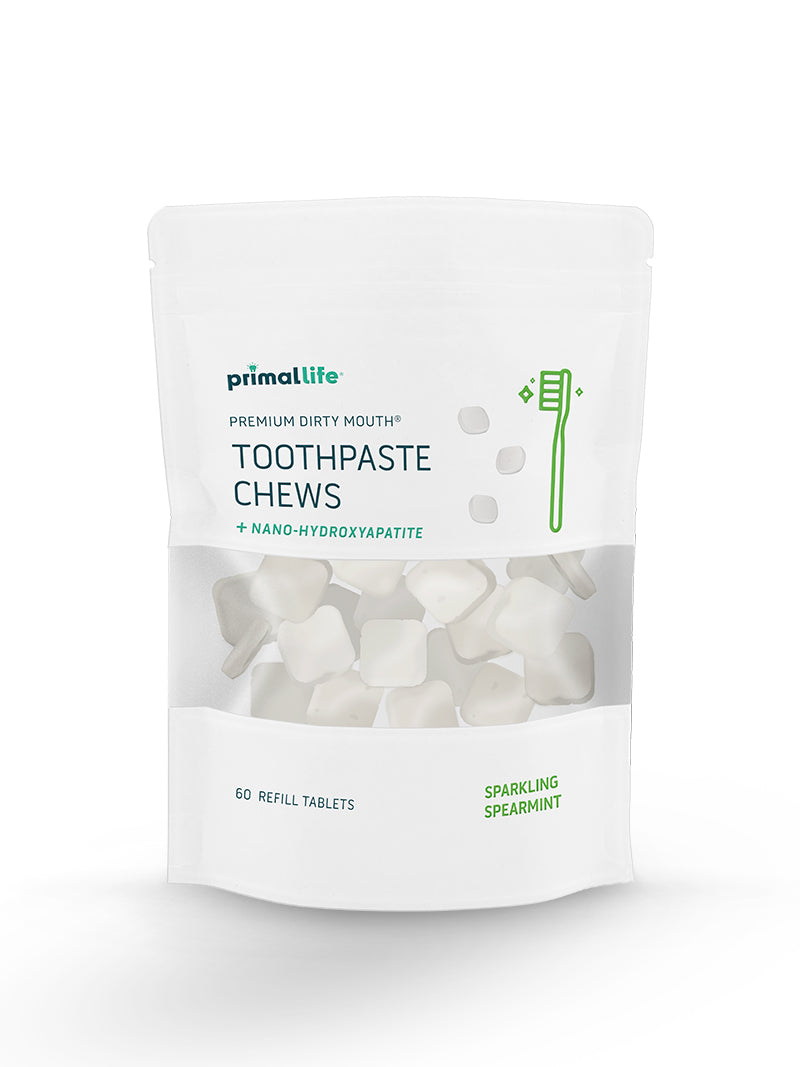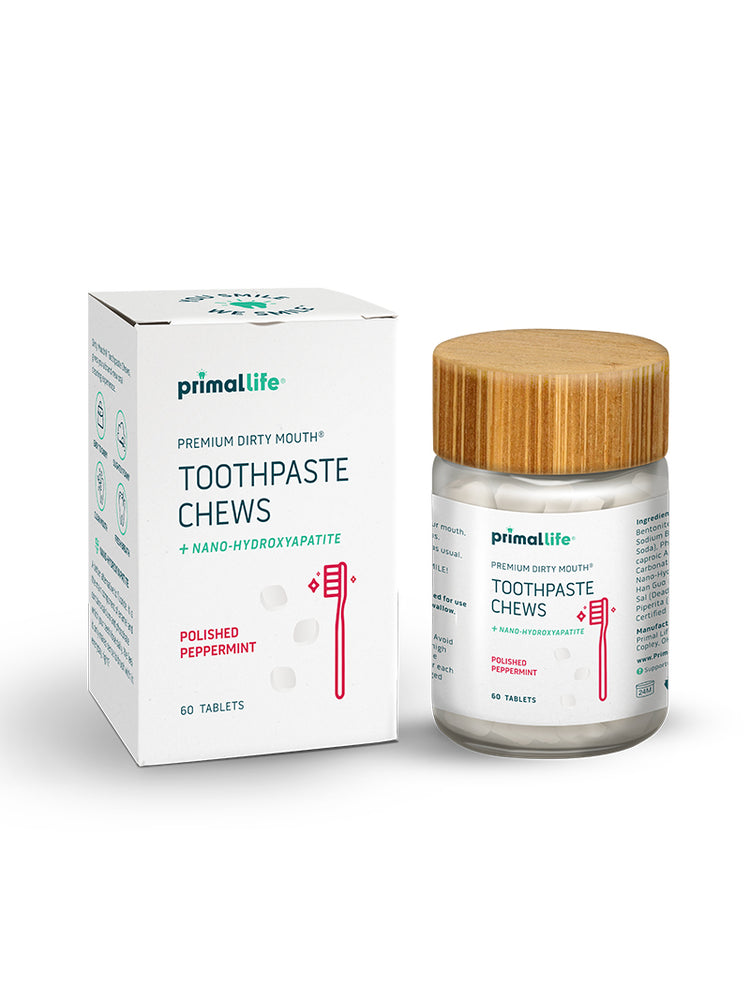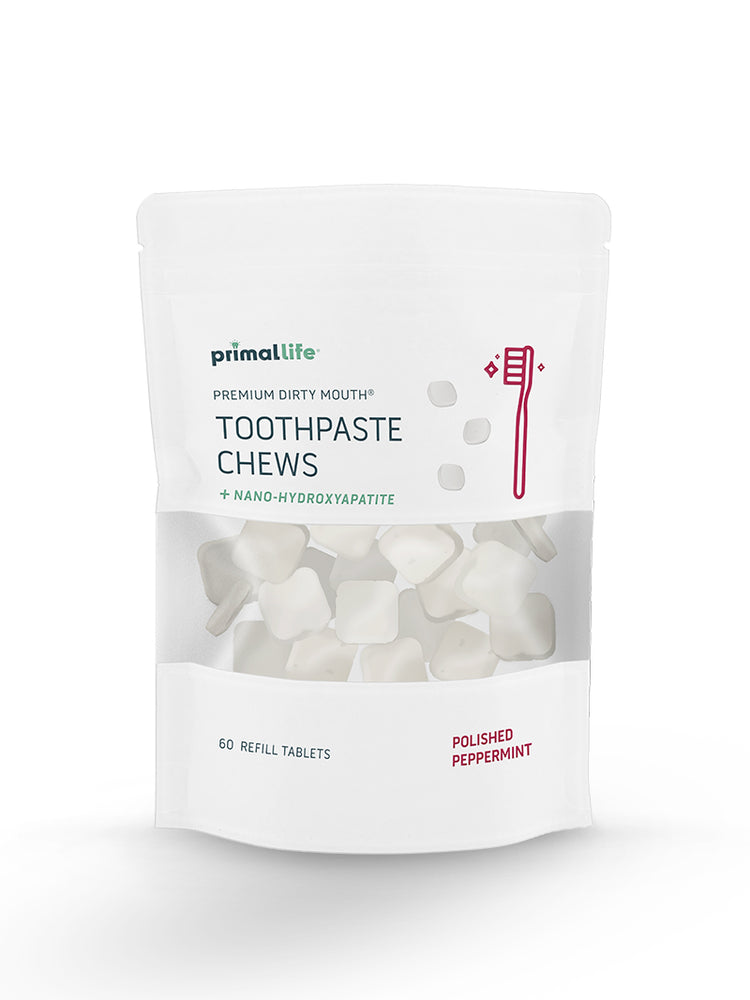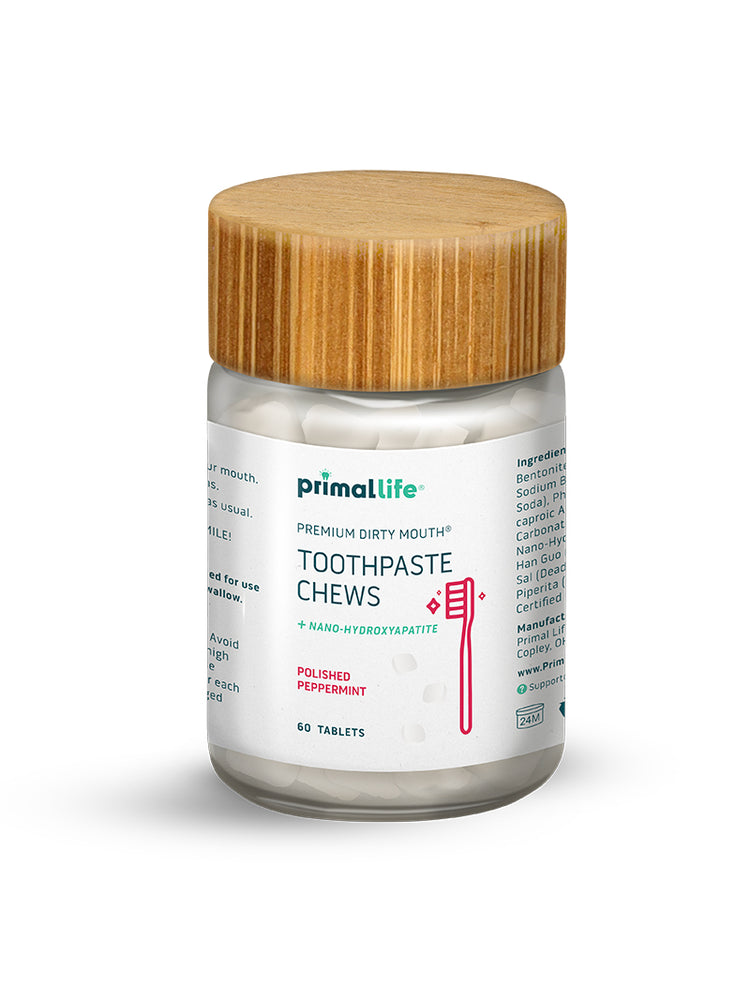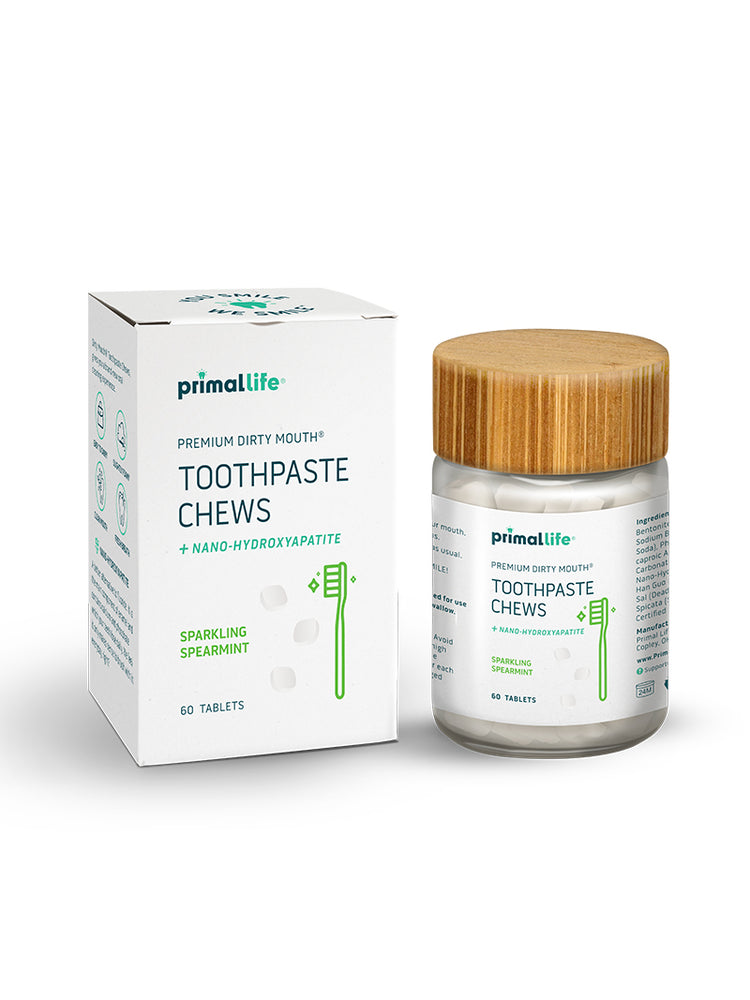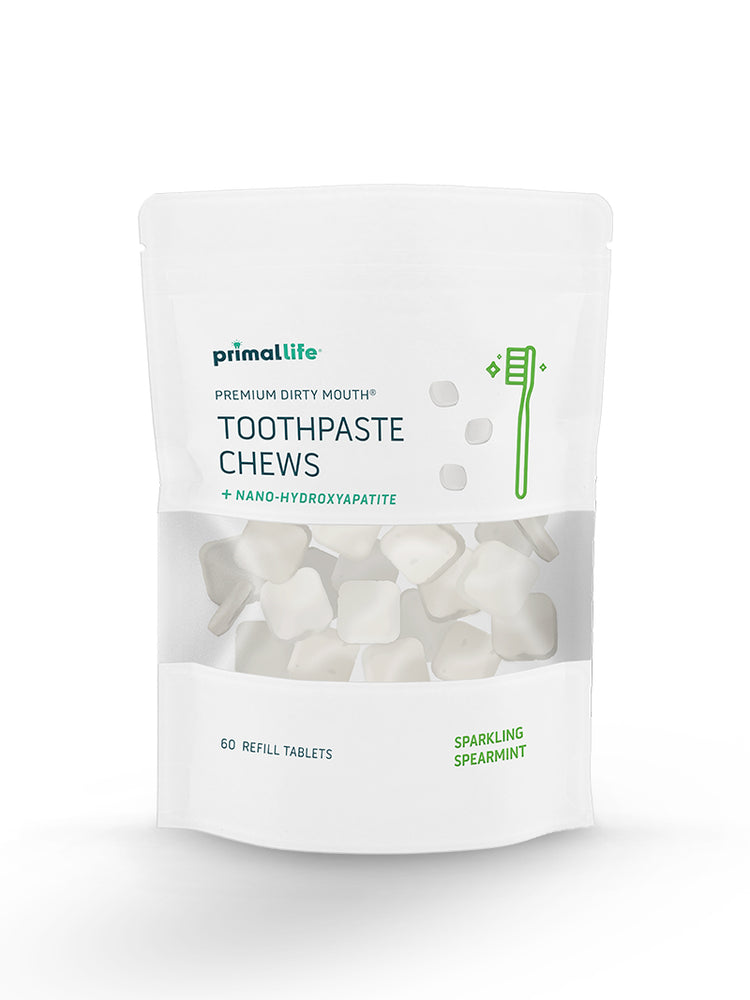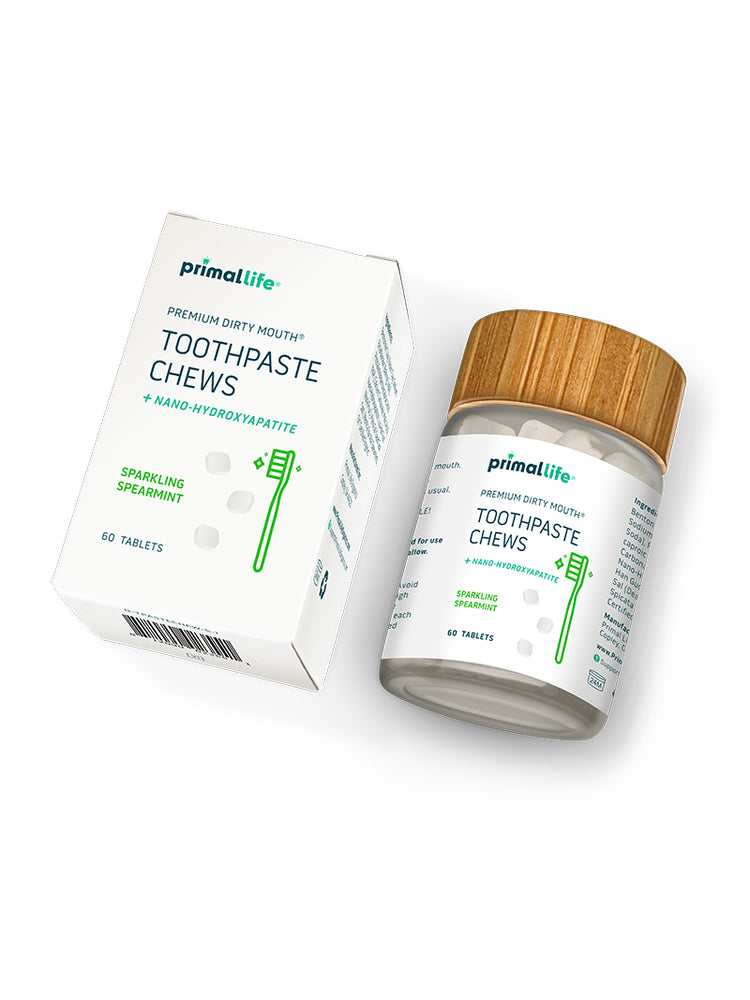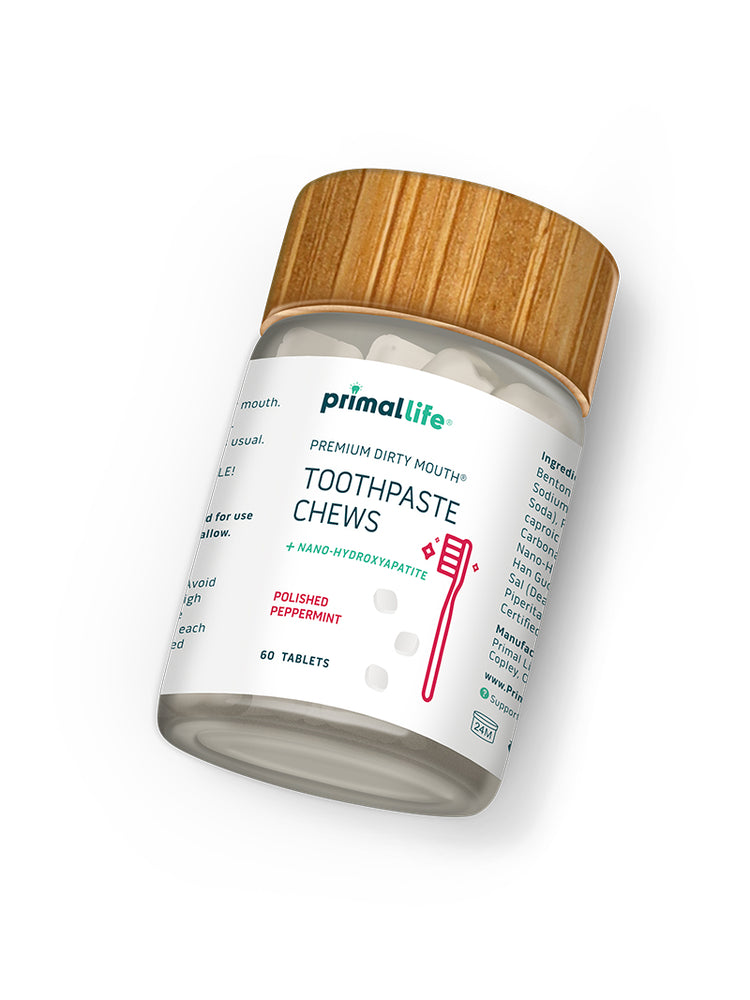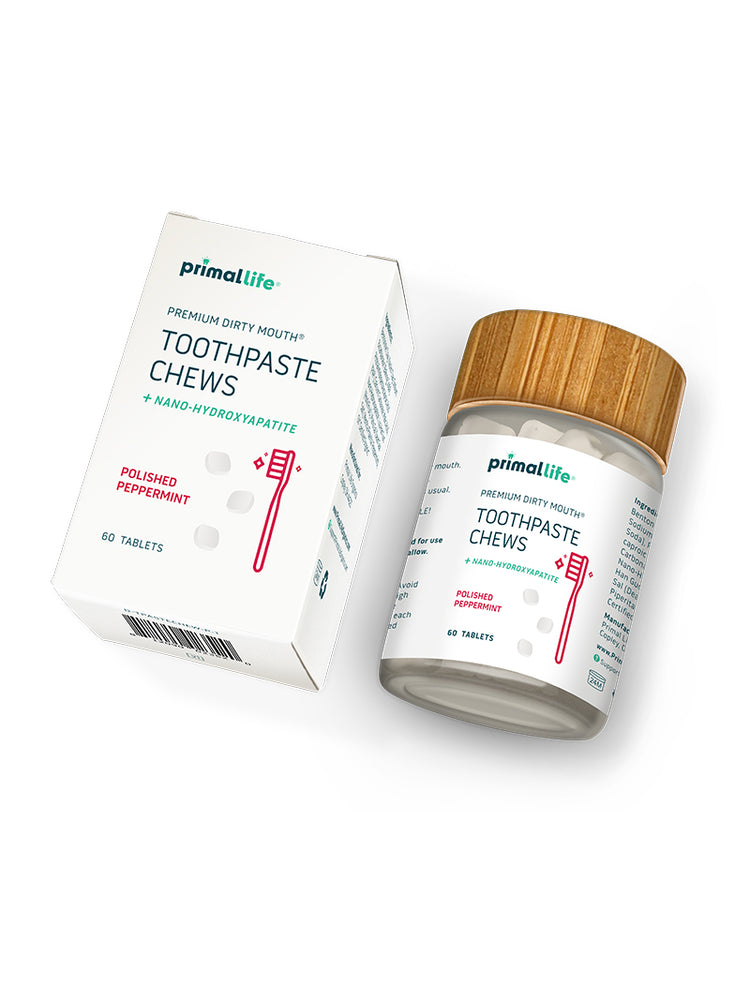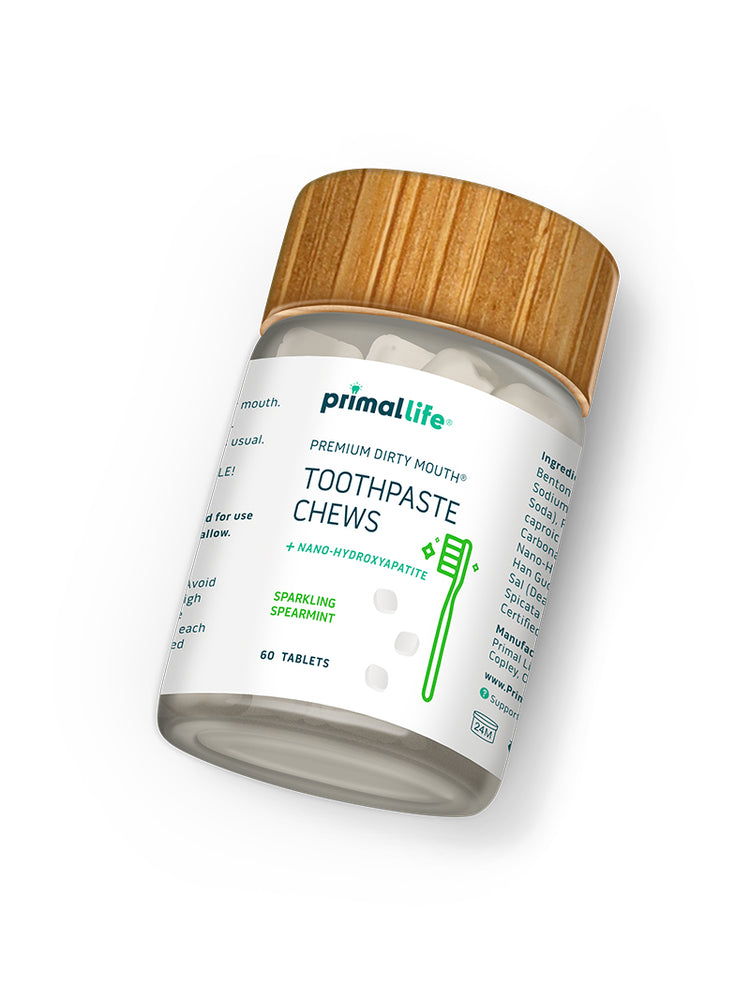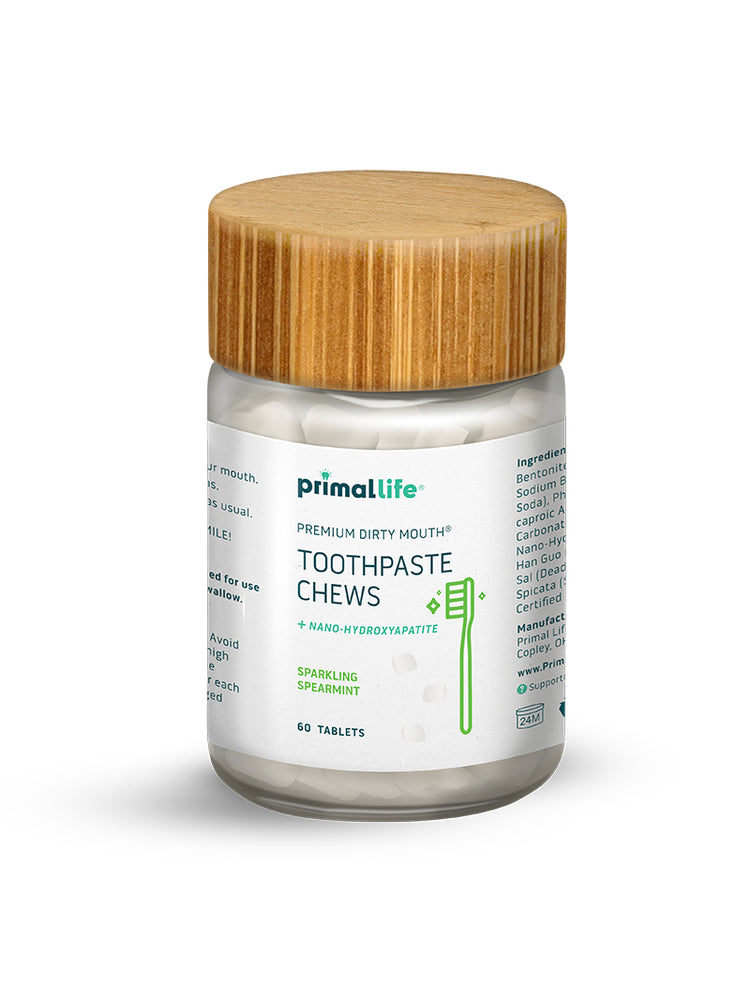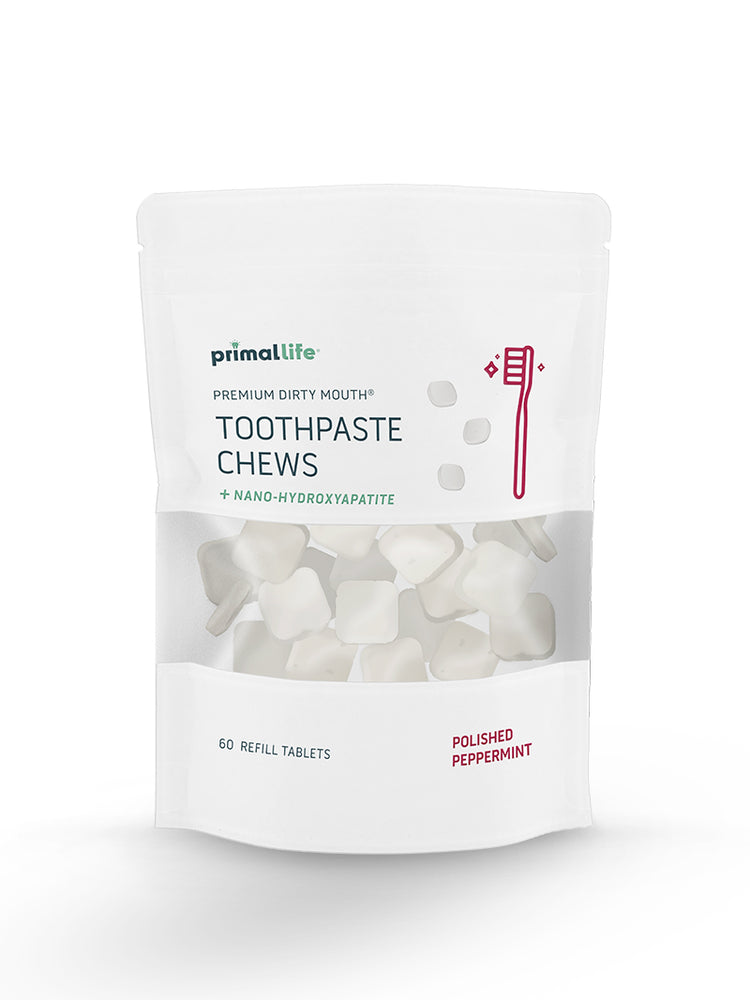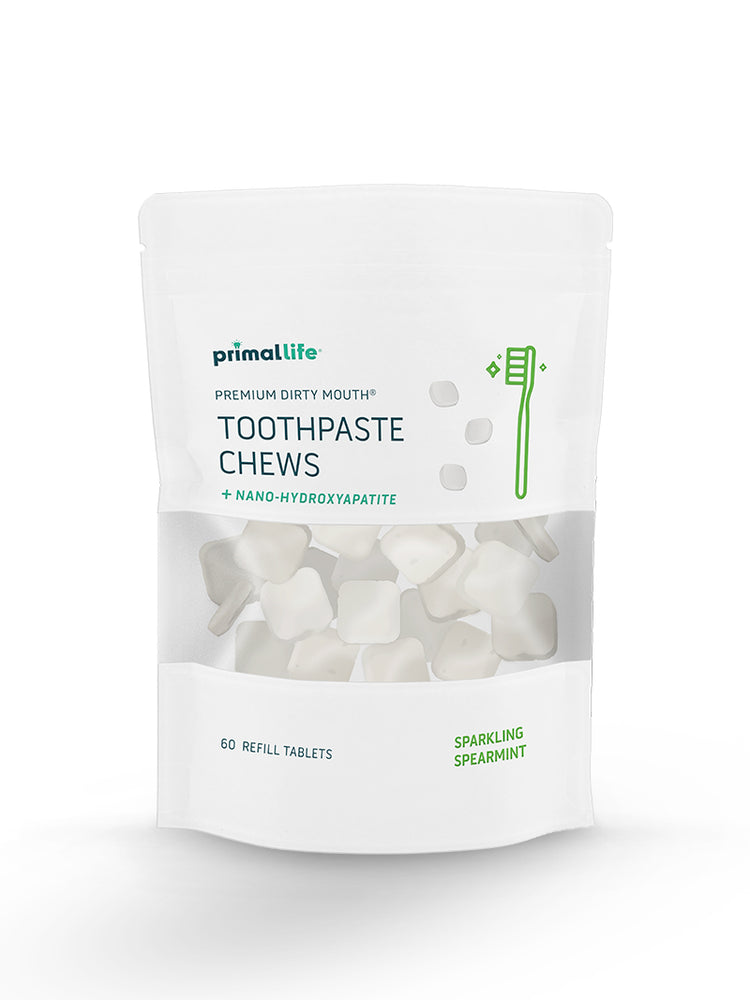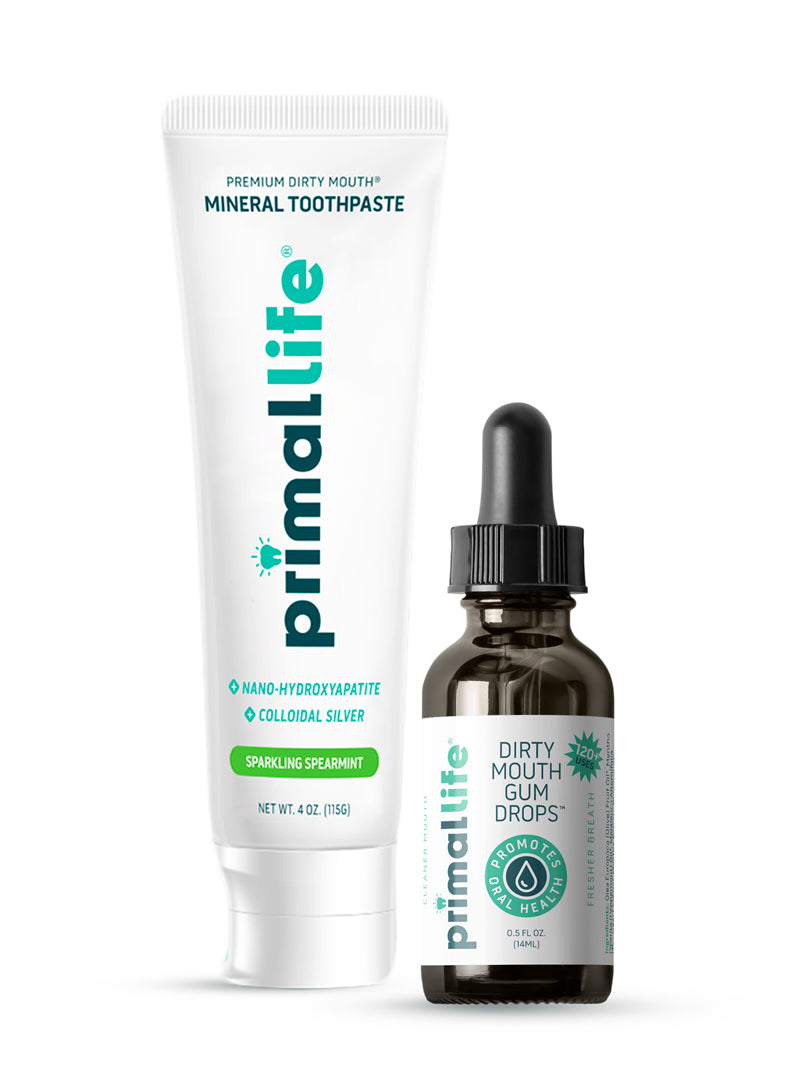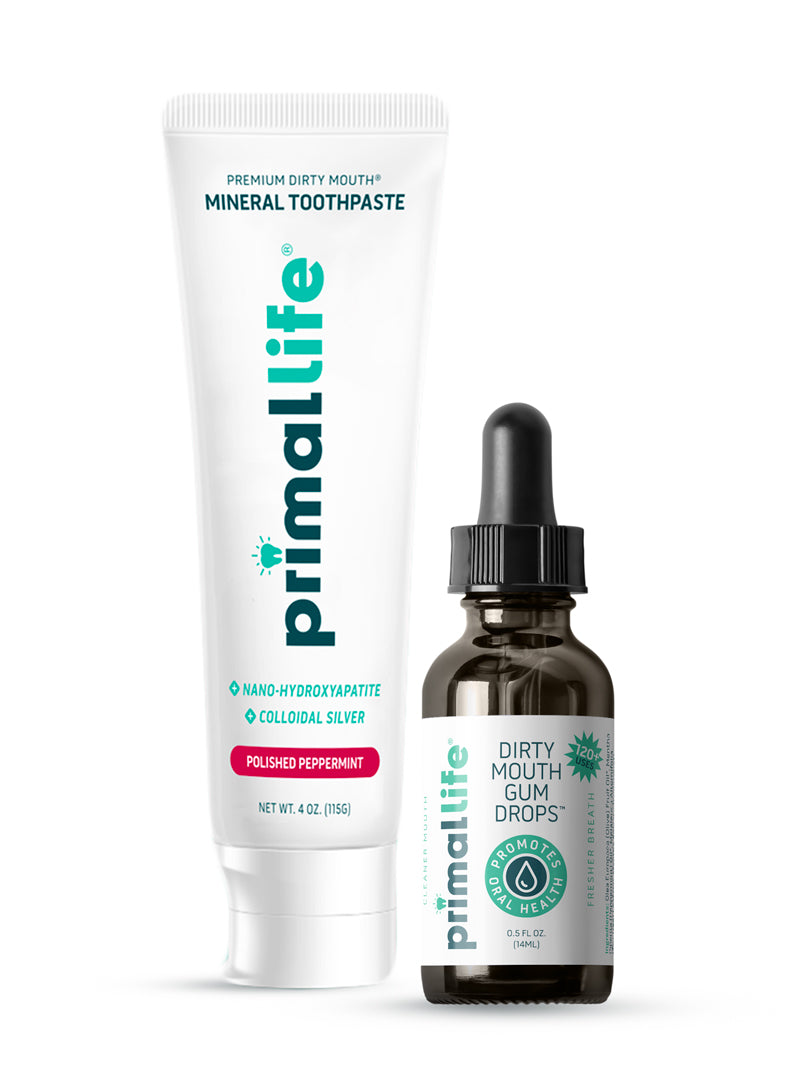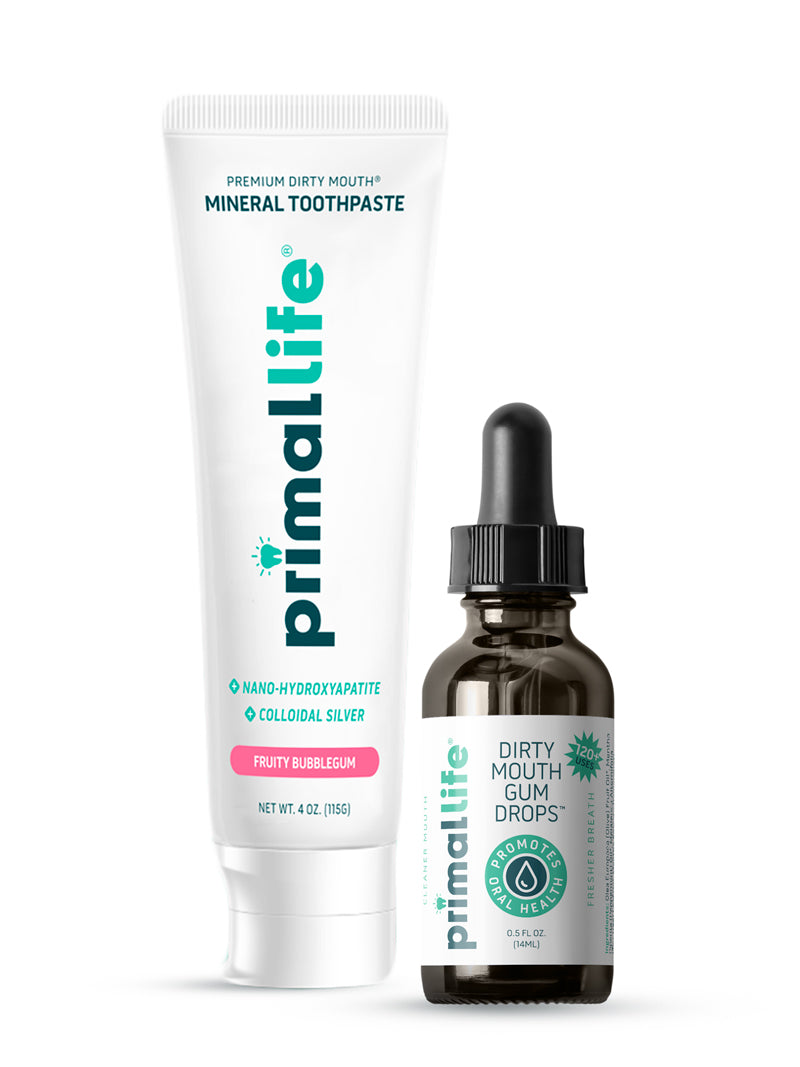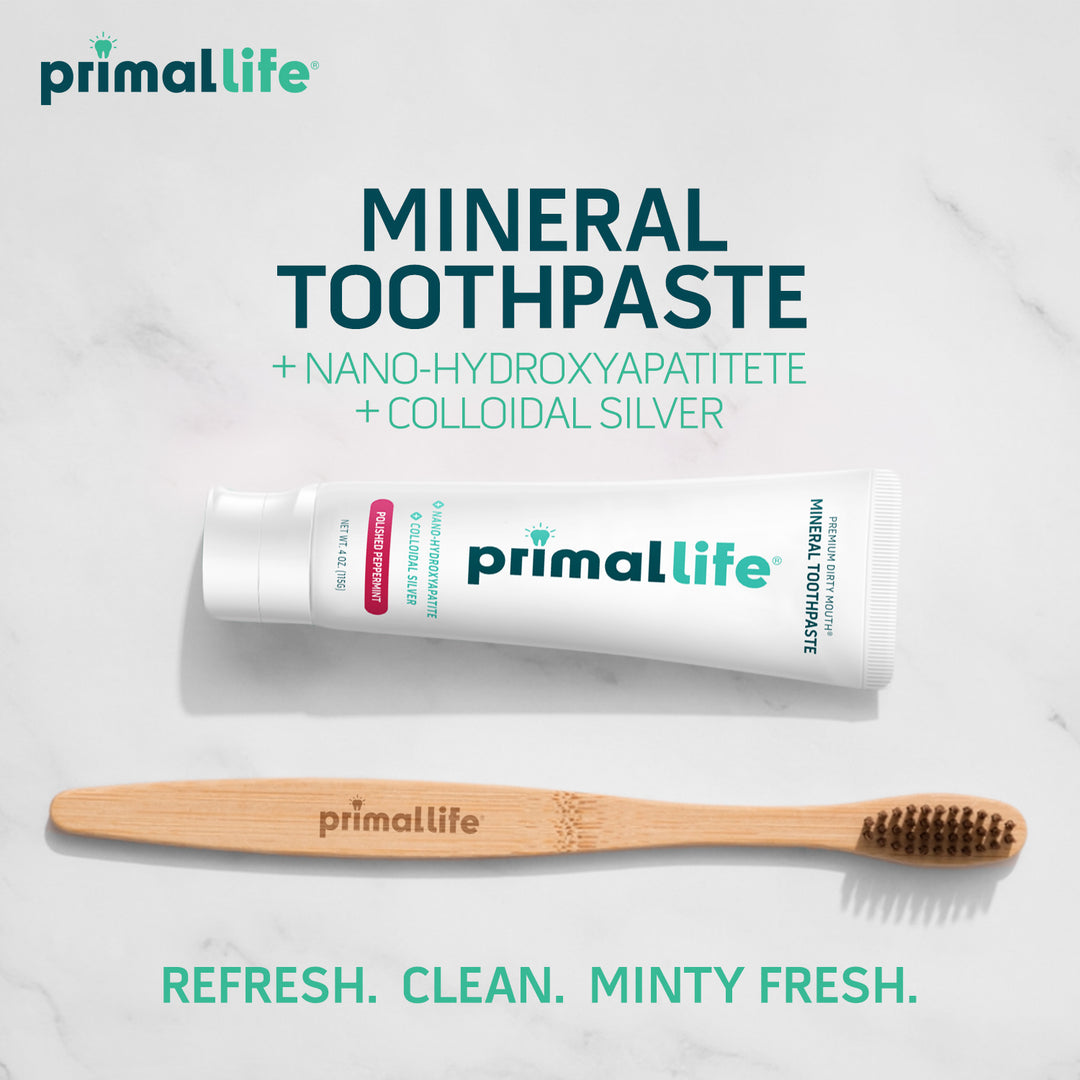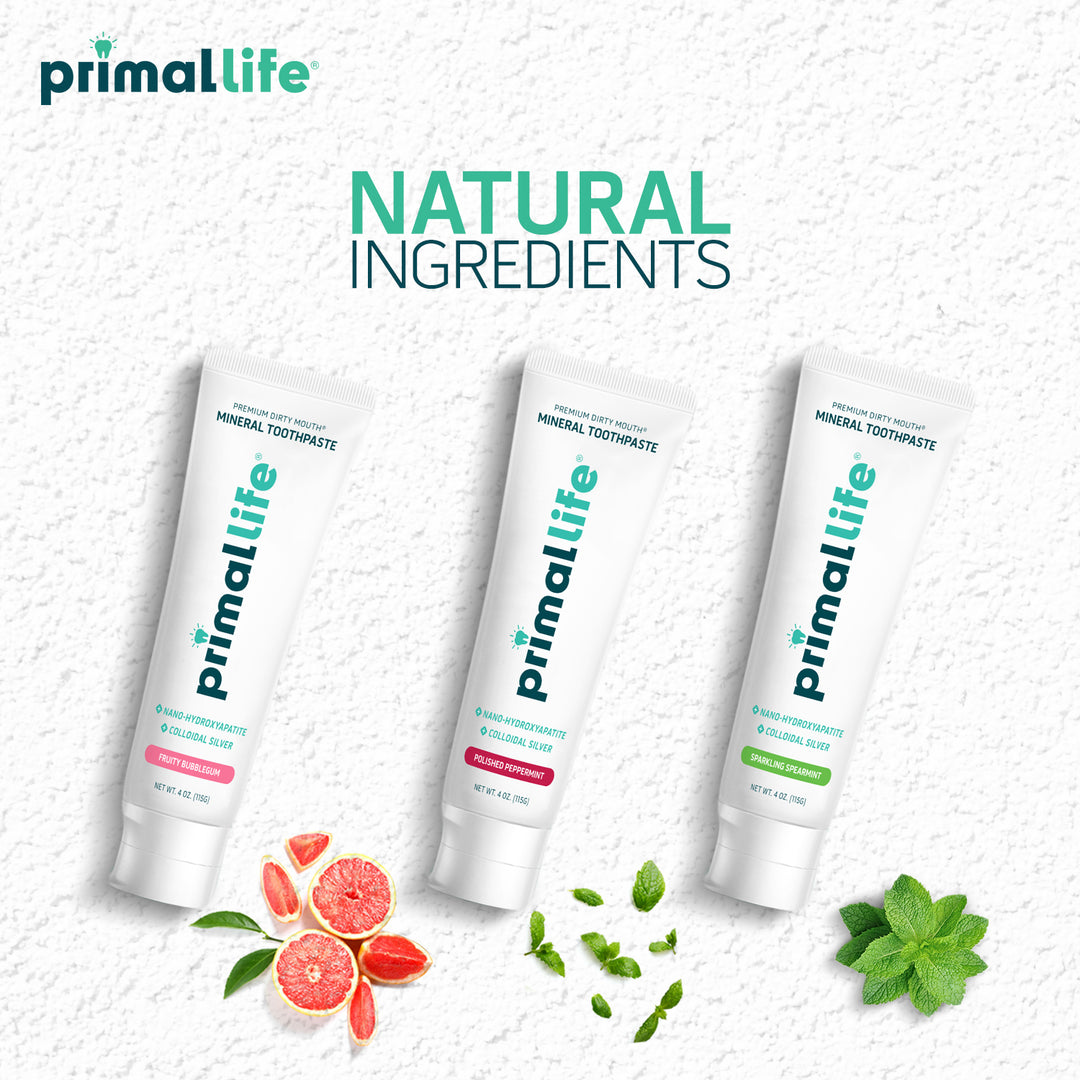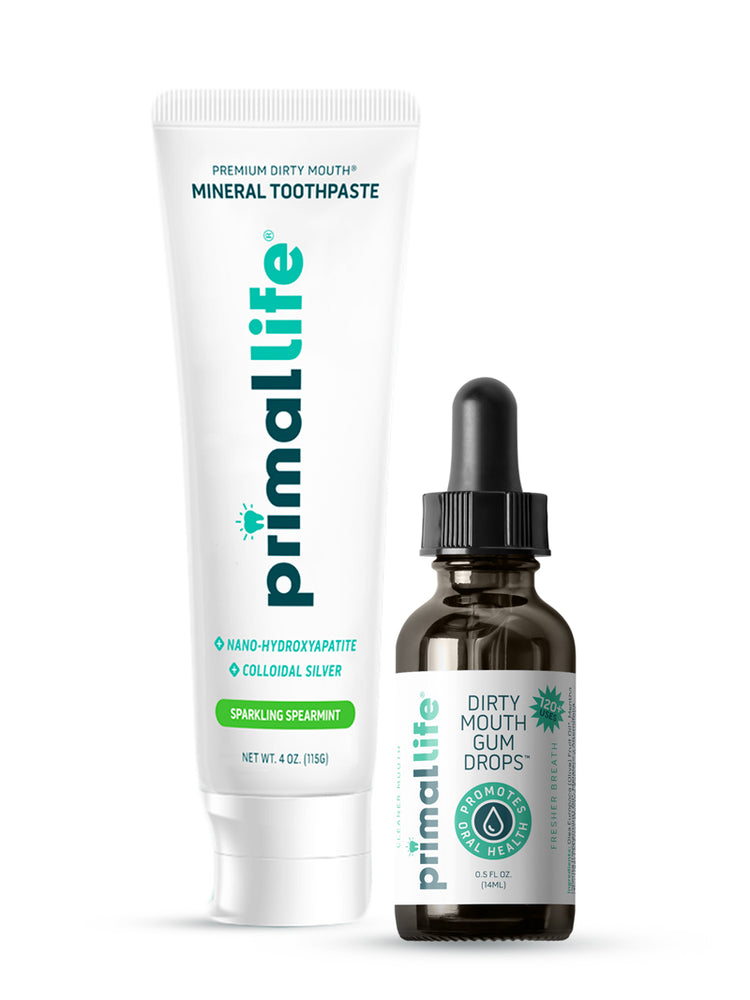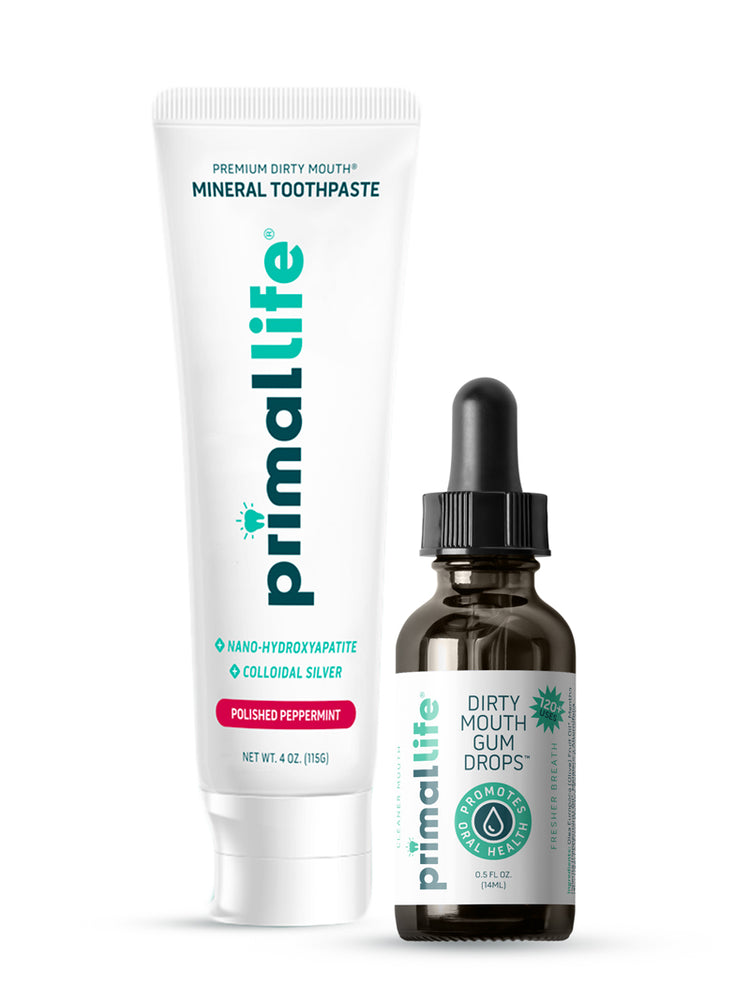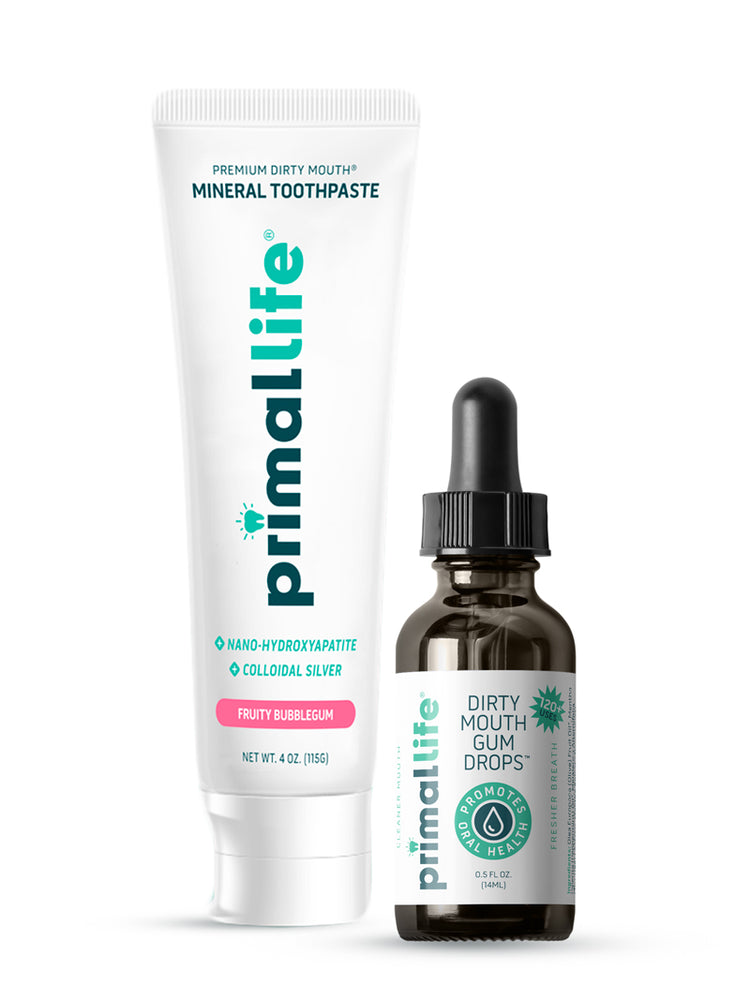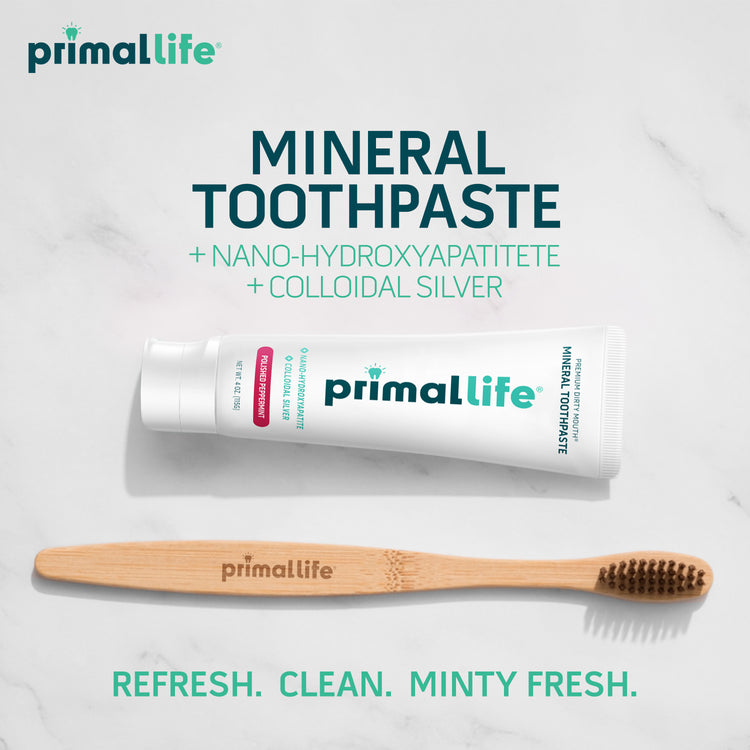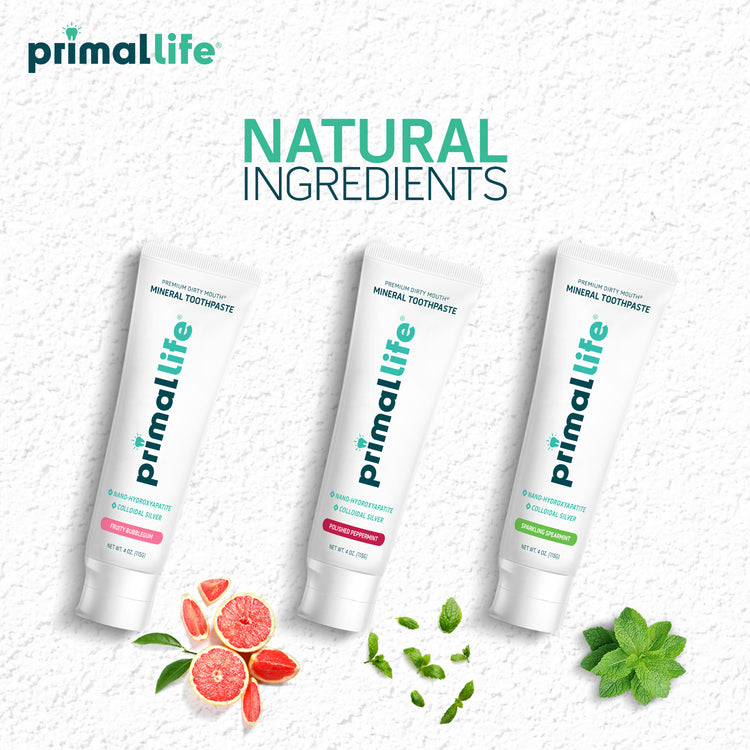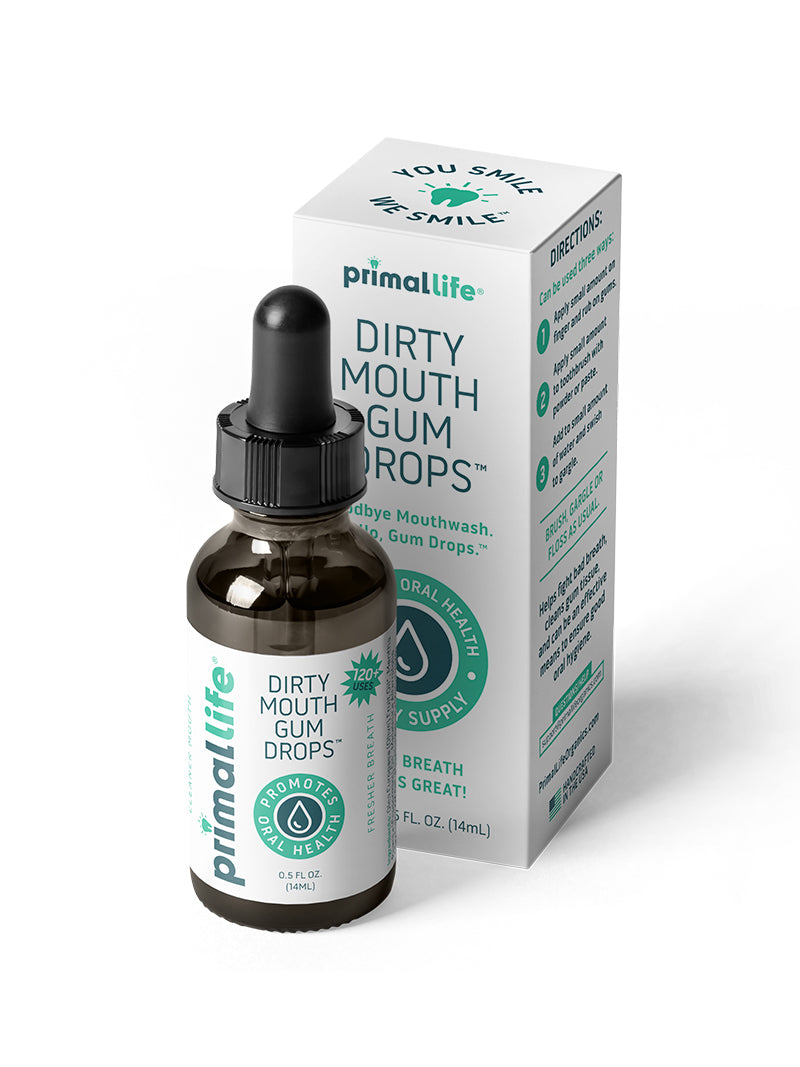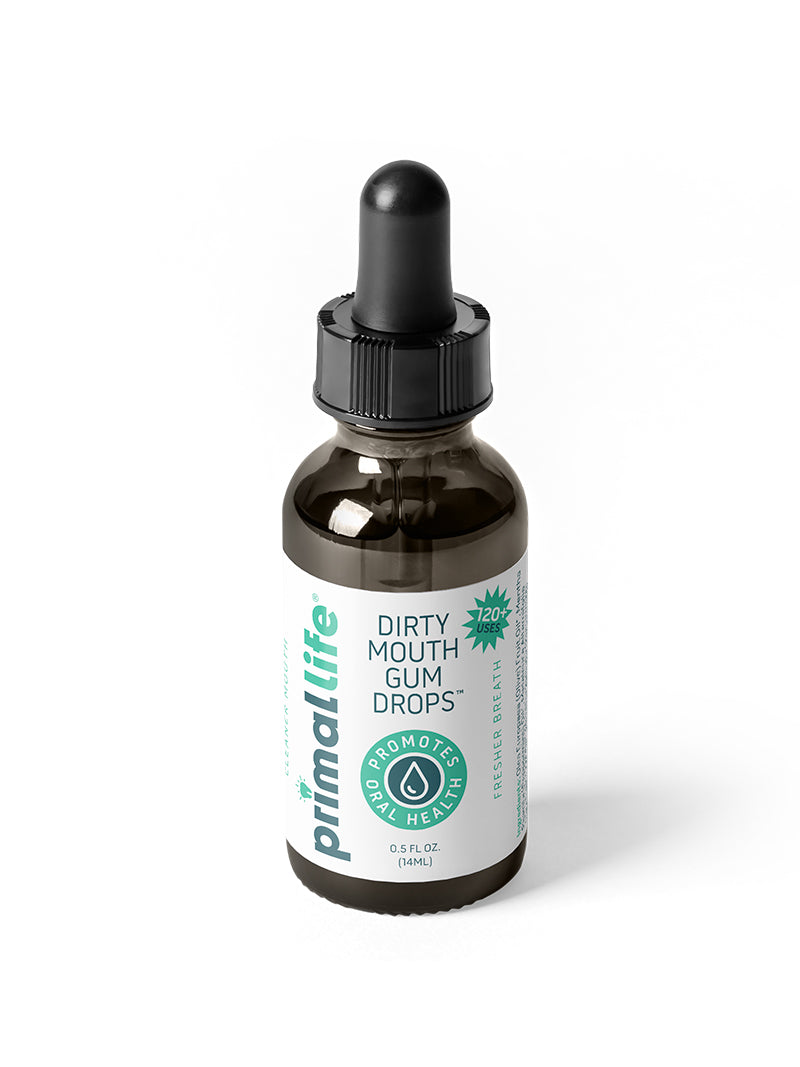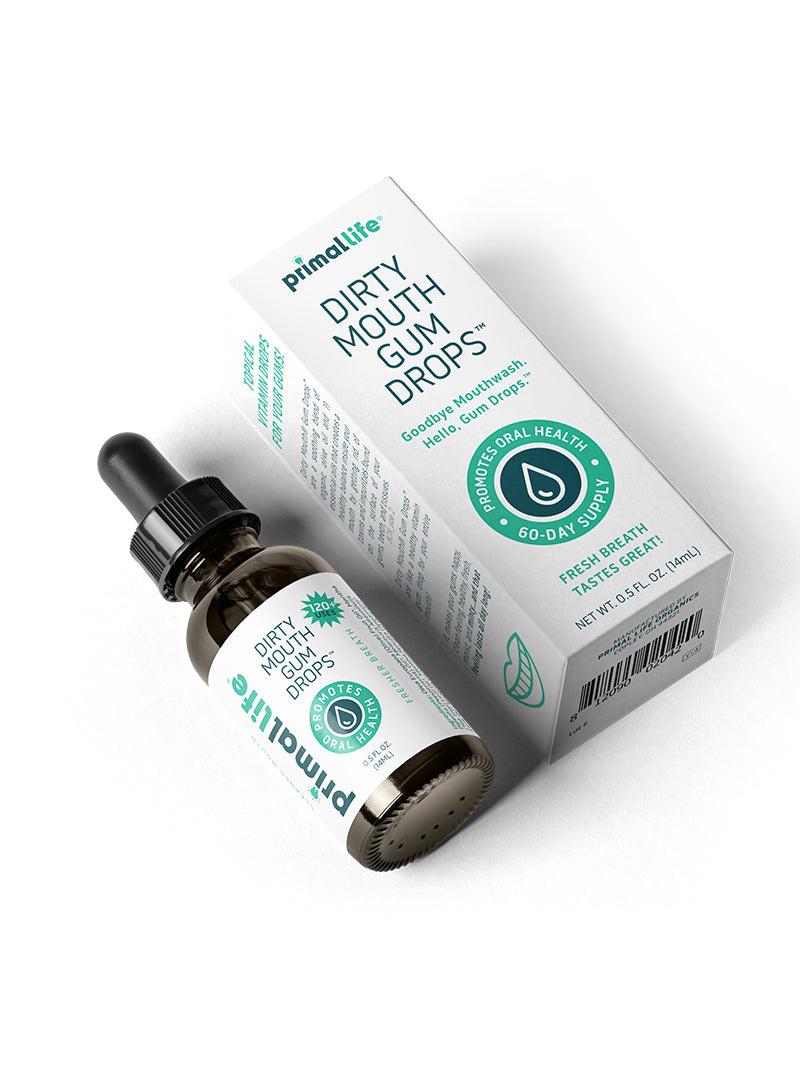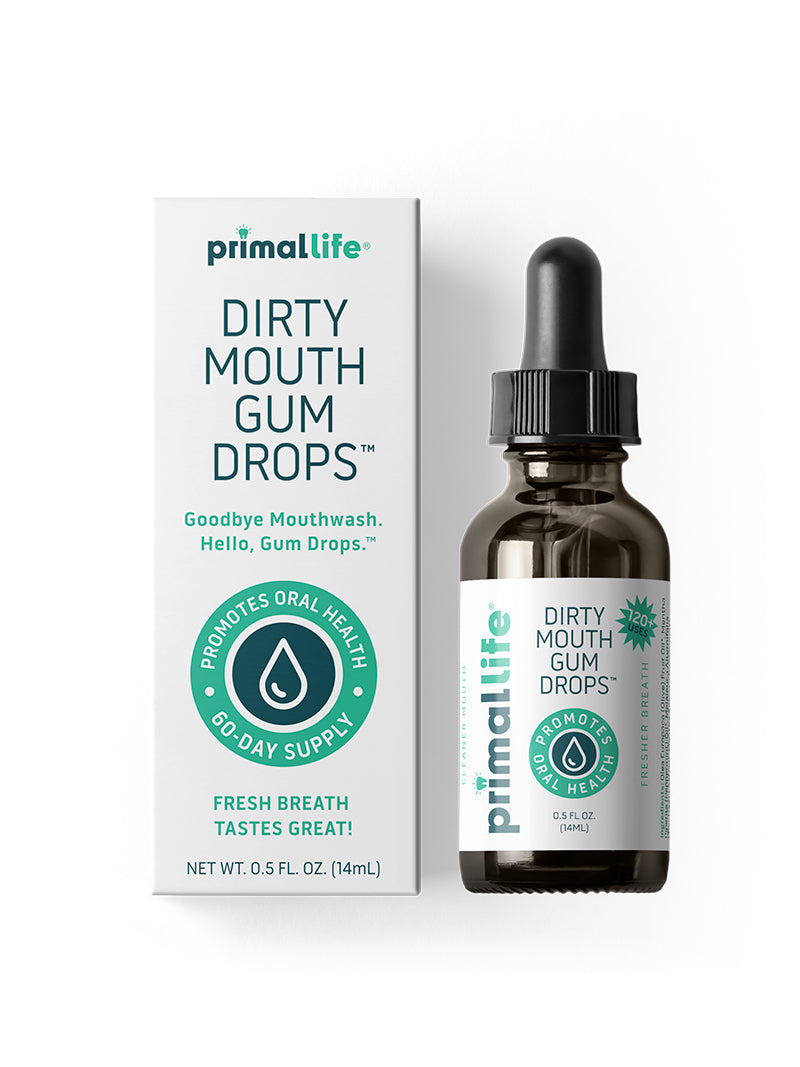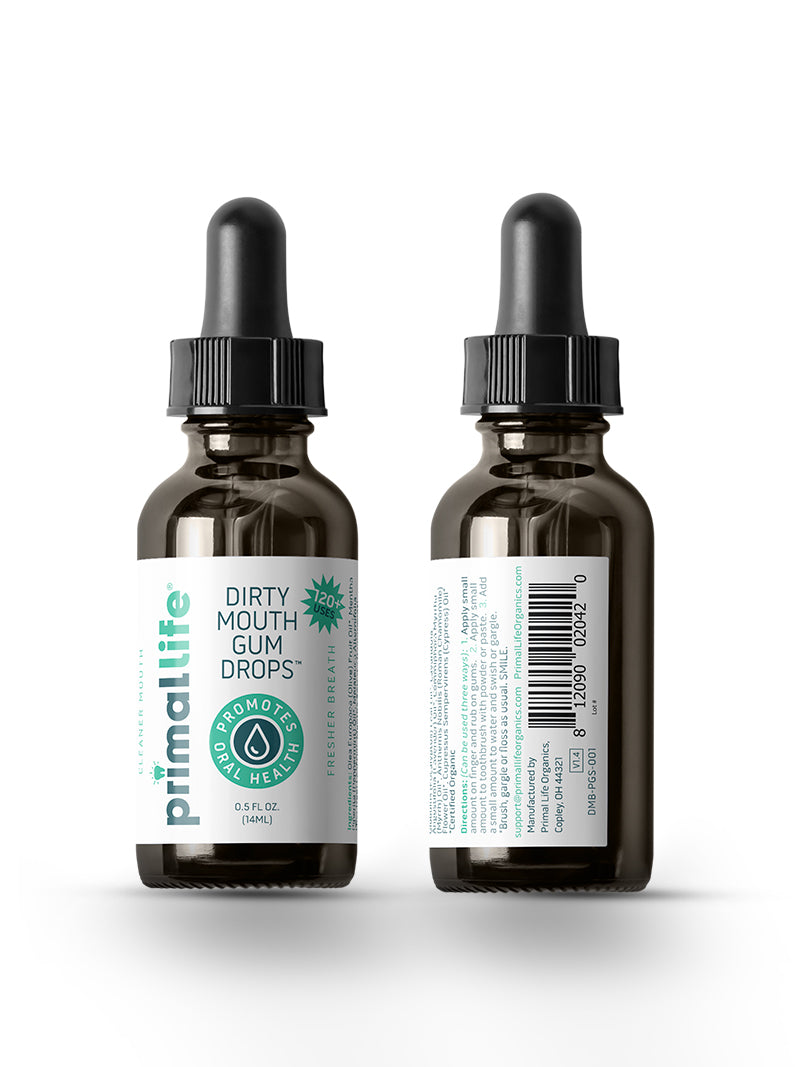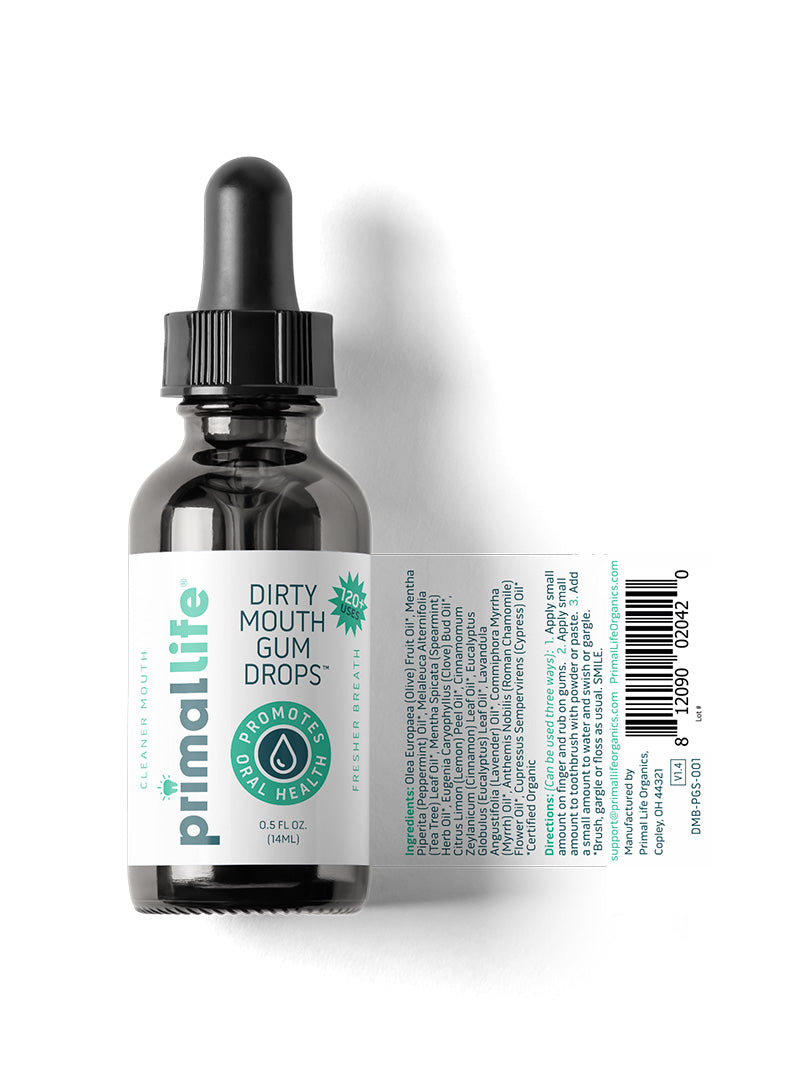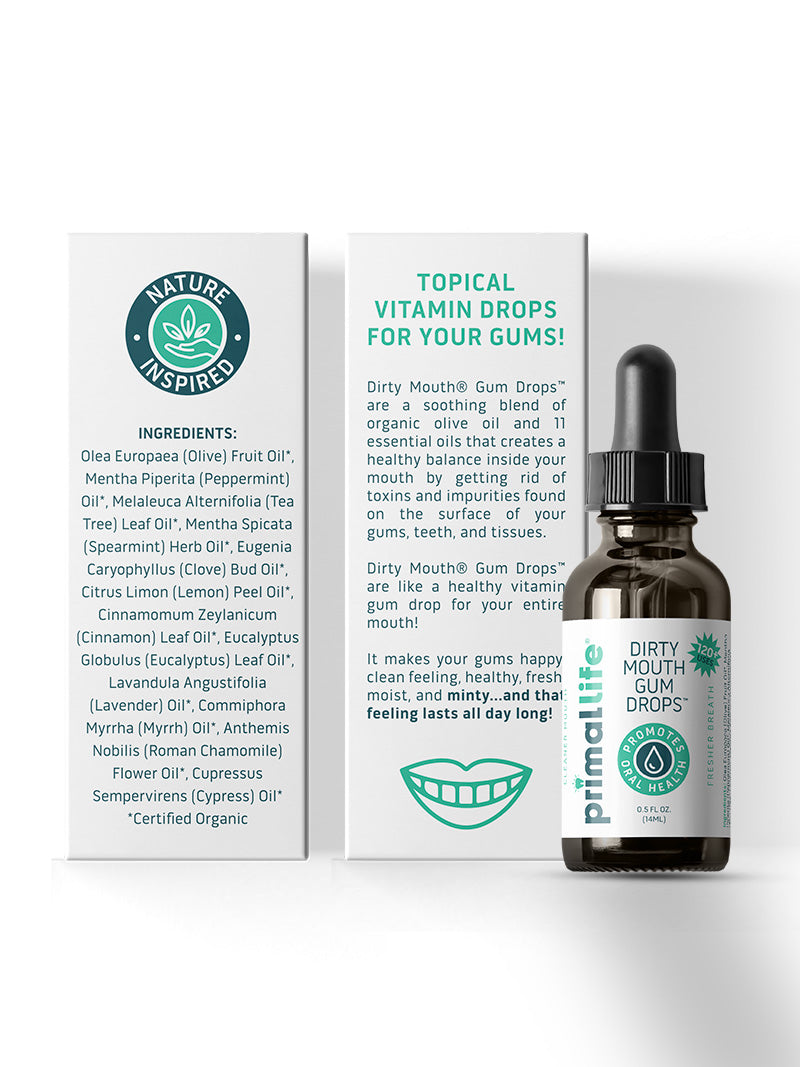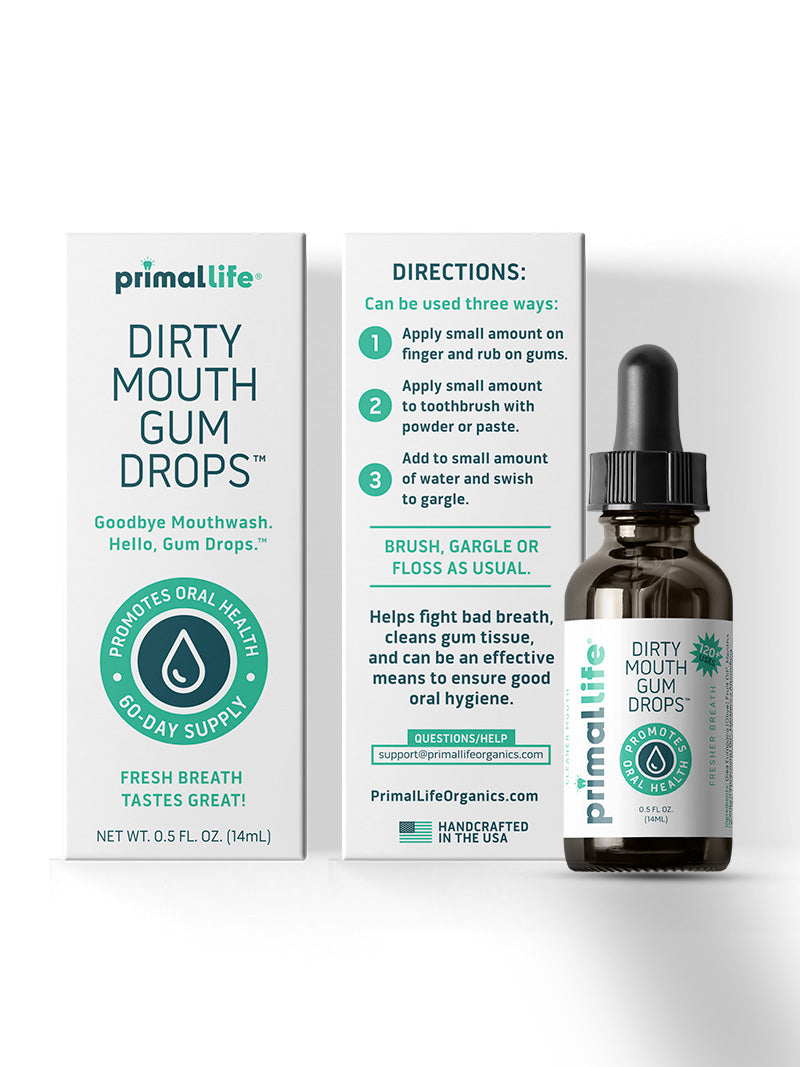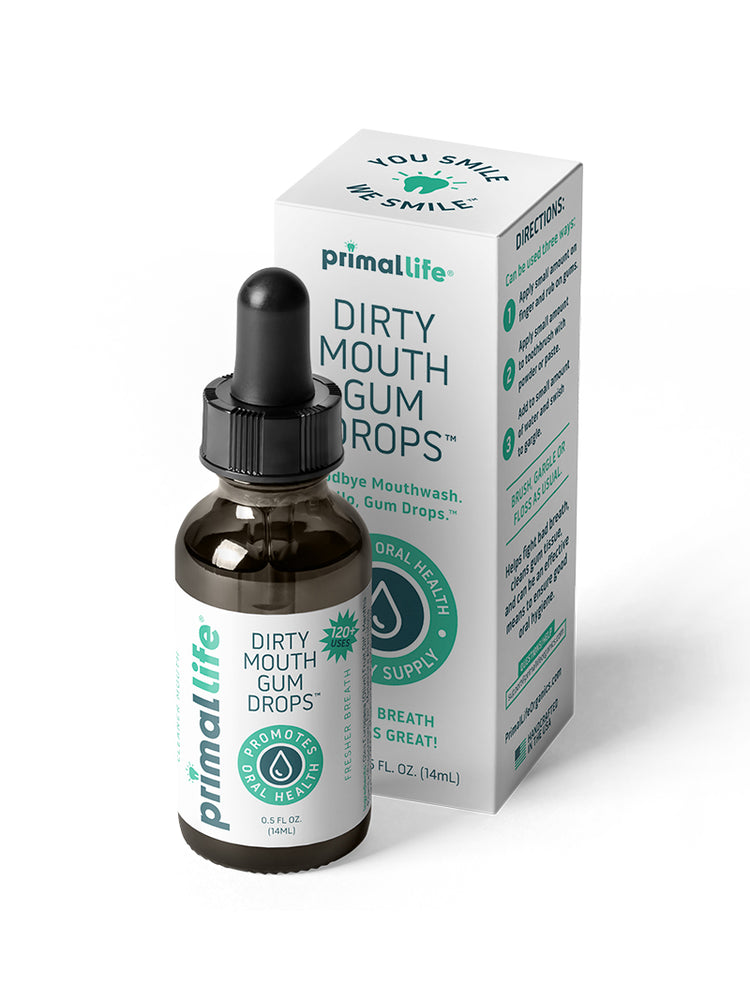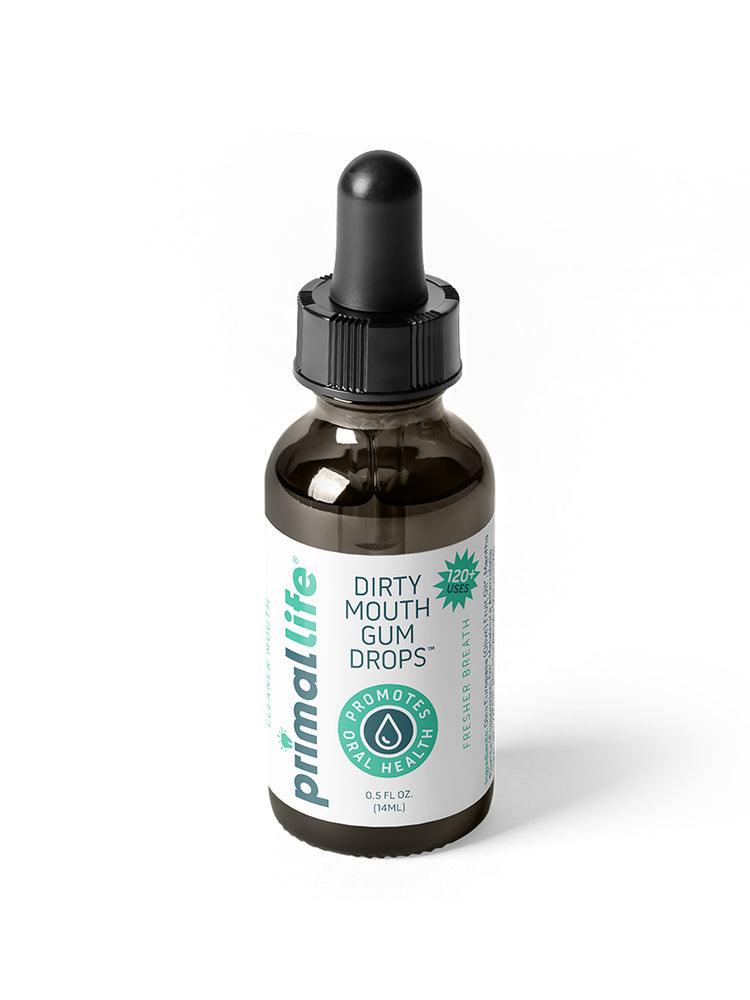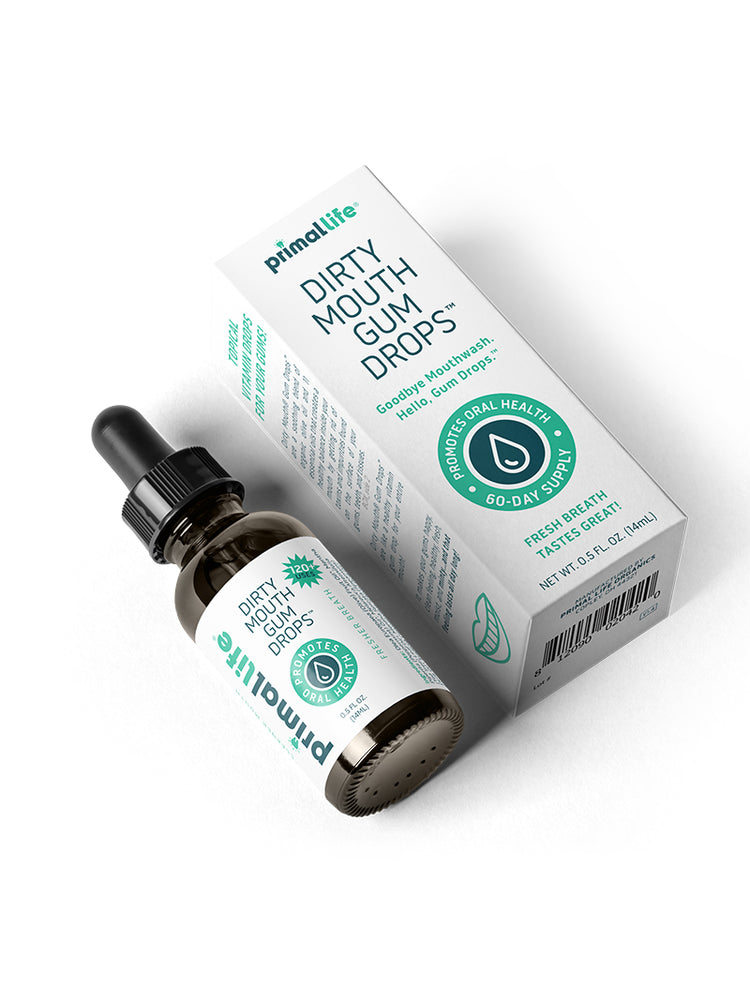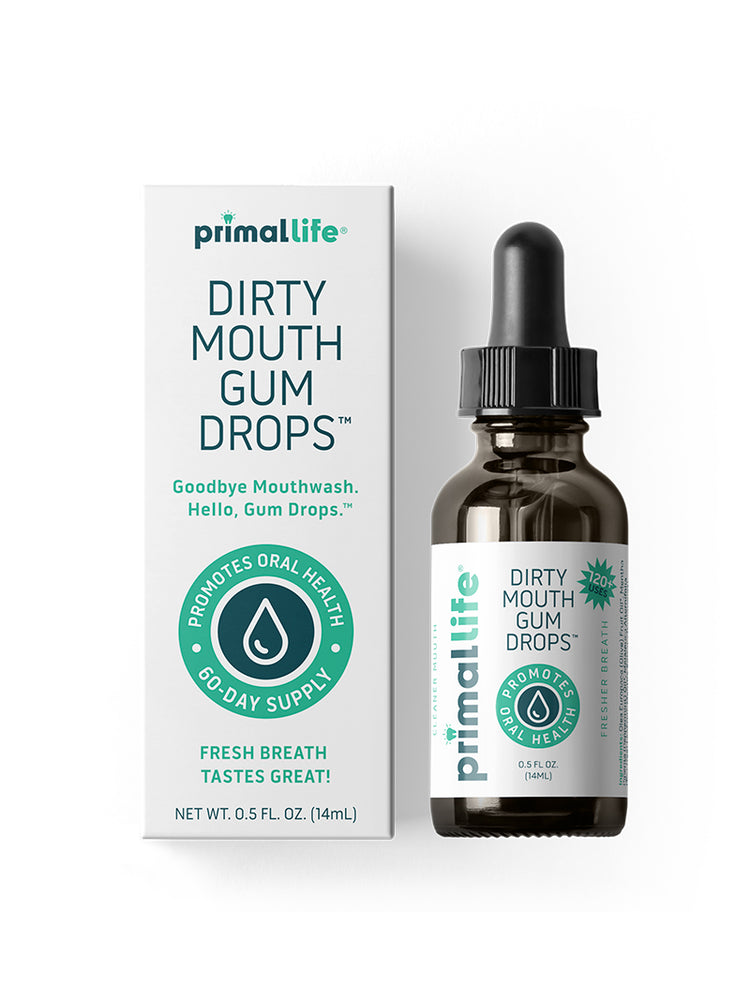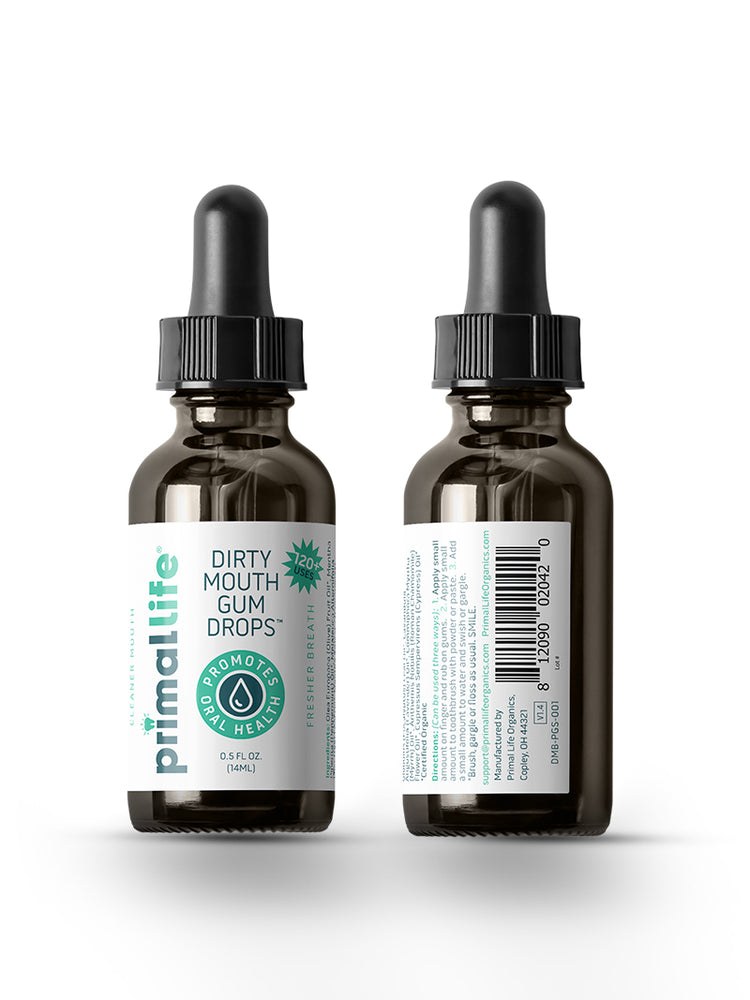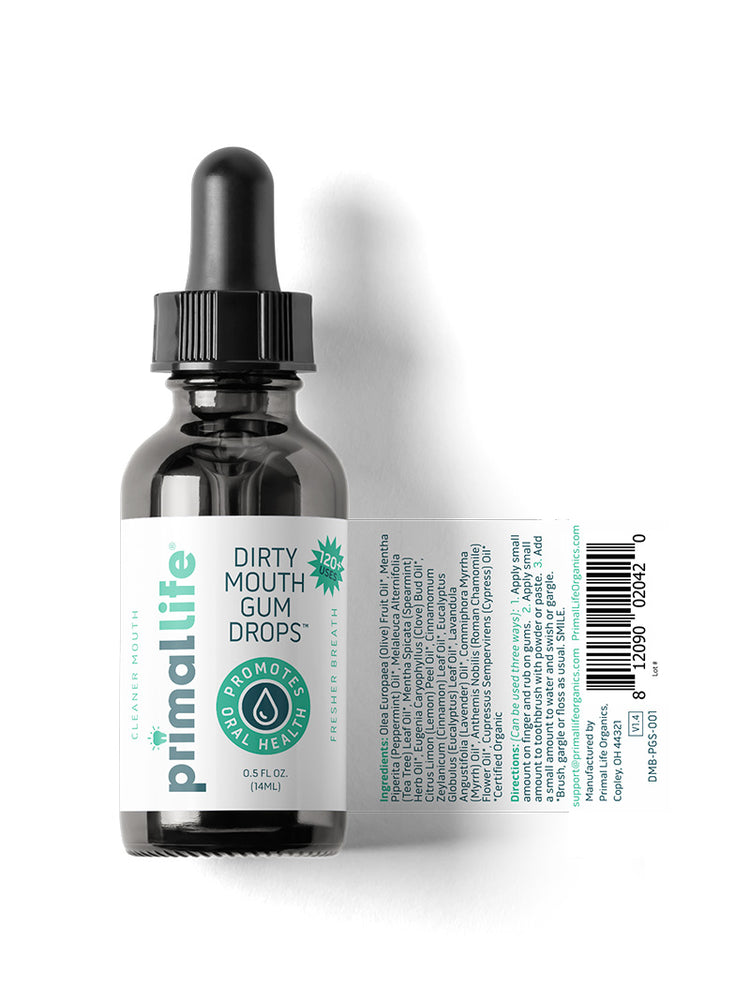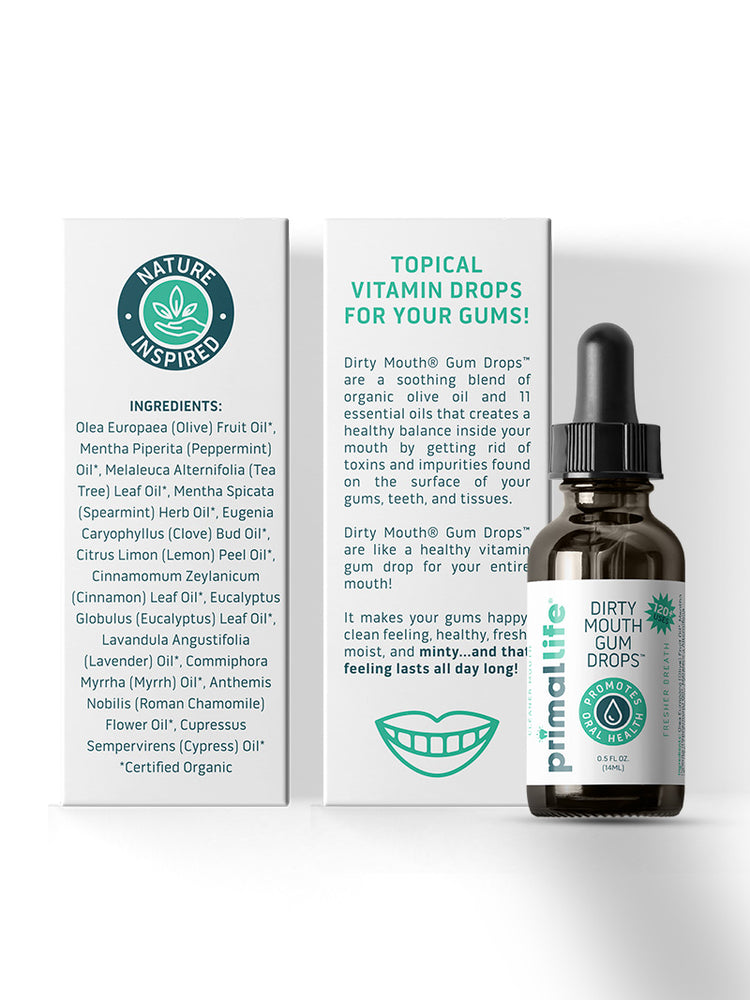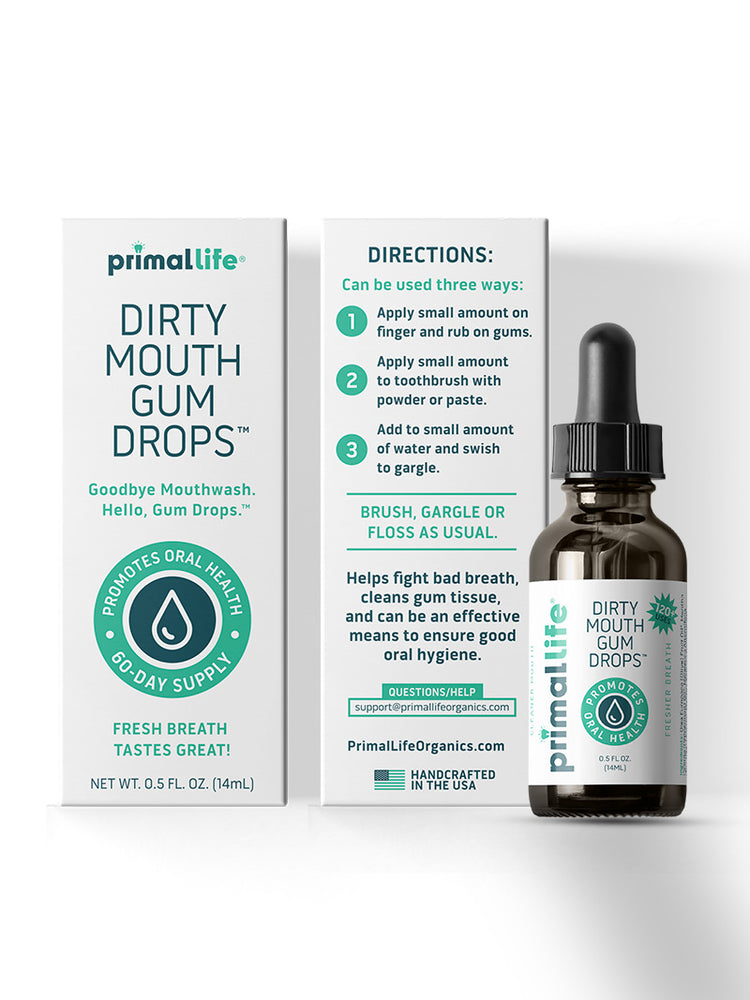Clove Bud Oil: 7 Benefits for Your Teeth, Skin, Mood, and More

Clove is best known as an aromatic spice that gives food and drinks an enchanting smell like no other. Whether it's Thanksgiving ham, Indian curry, pumpkin pie, or delicious tea, clove brings a warm, distinctive flavor to different foods, drinks, and even household items like potpourri.
But beyond its culinary and aromatic purposes, clove has been used for centuries in traditional herbal medicine. In this guide, we'll explain the origins of clove bud oil as well as the potential health benefits it can provide for your gums and mouth, skin, hair, and more.
What Is Clove Bud Oil?
Also called clove oil, clove bud essential oil, oil of clove, or Eugenia caryophyllata (its botanical name), clove bud oil comes from the dried flower buds of the clove tree. While it's native to Indonesia and other areas of Southeast Asia, clove is cultivated throughout the world, especially warm regions such as Madagascar, Brazil, Tanzania, and Kenya.
Clove oil ranges in color from clear to pale yellow and is known for its warm and spicy aroma that is similar to nutmeg, cinnamon bark, and cardamom. Since ancient times, clove oil has been a sought-after ingredient to treat everything from toothaches and bad breath to digestive issues and pain relief. All these years later, it seems ancient people were on to something.
As modern science shows, clove oil is loaded with a variety of naturally occurring chemical compounds including eugenol, eugenyl acetate, caryophyllene, and cinnamaldehyde. All of these substances are responsible for clove bud oil’s numerous antibacterial, antifungal, antiseptic, and anti-inflammatory properties.
How to Use Clove Bud Oil

As with other essential oils such as tea tree oil, peppermint oil, and lemon oil, clove oil is highly concentrated. Because of this potency, always dilute clove oil before applying it topically. Clove oil is generally recognized as safe by the U.S. Food and Drug Administration (FDA) to use in dentistry and as a food additive. Still, you should never directly ingest clove essential oil as it can be highly toxic and lead to a number of side effects. (More on this later.)
Keep these guidelines in mind when using clove bud oil:
- For topical applications, dilute clove essential oil with a carrier oil like coconut oil, almond oil, or olive oil first. Use 2-3 drops of clove oil for every 10-12 drops of carrier oil.
- For a fragrant upgrade to your massage oil, body lotion, or other personal care product, add two drops of clove essential oil.
- When adding clove oil to a diffuser, be sure to dilute it to avoid overexposure.
- Avoid applying clove oil near your eyes as it can irritate this sensitive skin zone.
7 Benefits of Clove Oil

As long as you talk to your doctor and follow the proper steps for using clove bud oil, there are a variety of ways that it can benefit your health. Here are seven scientifically backed benefits of clove oil.
1. Fights Cavities and Improves Oral Health
Thanks to its antibacterial properties, clove bud oil is an effective weapon against a variety of dental issues including cavities, bad breath, gingivitis, and oral yeast infections. In a 2016 study, a variety of cavity-fighting plant remedies were compared. Of all the plant products, clove oil was the most effective at eliminating cavity-causing bacteria.
In another study, a mouthwash that included clove oil, tea tree oil, and basil proved to be effective in fighting plaque and gingivitis. Meanwhile, a 2017 survey conducted with 171 herbalists found that clove oil successfully combats halitosis (i.e., bad breath). A 2019 study concluded that clove essential oil and thyme oil have antifungal qualities that can prevent the growth of Candida yeast.
Try: Primal Life Organics Dirty Mouth Gum Serum, a potent mix of oils (including clove bud oil, peppermint oil, and lemon oil) that support healthy gums and fresh breath. You can also look for toothpaste or tooth powders with clove oil as an ingredient.
2. Alleviates Toothaches
Clove oil has been a go-to natural remedy to treat dental pain since ancient times. As it turns out, eugenol has a numbing effect that can help alleviate pain. Also, because of clove oil's other compounds, it acts as a natural anti-inflammatory that can reduce swelling and irritation in the affected area.
Try: For a DIY toothache or gum pain reliever, dip a cotton swab or cotton ball into a diluted mixture of clove oil and carrier oil. Then, gently dab it on the point of pain. Applying a whole clove (or even a clove leaf) to the affected area is a common household remedy, but studies have shown if you apply clove directly to the skin, it could end up irritating it even more.
3. Can Combat Acne and Itchy Skin
While more studies are needed, research thus far shows that clove oil offers "significant antibacterial activity" against acne. It can also soothe chronically itchy skin. In a 2017 two-week study, volunteers who applied clove oil to their skin twice a day saw an improvement in their condition. In both cases, the findings present clove bud oil as a promising natural alternative to harsh chemical products.
Try: Primal Life Organics Banished Blemish serum, made with a special blend of essential oils — including organic clove bud oil — that can clear existing blemishes and prevent new breakouts.
4. May Boost Mood
It's no surprise that aromatherapists use clove essential oil as a mood enhancer and stress reliever. Along with plenty of anecdotal evidence, a 2017 comprehensive review determined that aromatherapy can alleviate depressive symptoms, especially when used with massage.
Try: Create your own aromatherapy diffuser blend by adding a few drops of clove essential oil. You may even want to create an oil blend with other warm, spicy, and woodsy aromatic oils like vanilla, frankincense, orange peel, ginger, and cinnamon.
5. Works as an Insect Repellent
Because of the powerful insecticidal activity of eugenol, clove oil is a fantastic bug repellent. A good amount of research shows this to be true, including one study from 2018 that determined clove oil could be an effective and safer alternative to synthetic repellents. On a related note, other studies show clove oil to be a useful treatment against head lice.
Try: Boot-a-Pest bug spray, a chemical-free way to repel ticks and keep mosquitoes away thanks to powerful ingredients like witch hazel, peppermint, citronella, clove bud, geranium, and lemon eucalyptus. You can also use the Primal Life Organics Hand Protector Balm on cuts and bug bites.
6. May Stimulate Hair Growth
While there needs to be more conclusive evidence, preliminary research shows that clove oil may enhance hair growth. In a 2016 study comparing clove essential oil (diluted with emu oil as a carrier oil) and Minoxidil (the only FDA-approved over-the-counter medication for hair loss), researchers found the clove oil formulation to promote "hair shaft repair and hair growth." While the clove and emu oil had a longer lag time compared with Minoxidil, hair growth accelerated after one week.
Try: Massage a bit of diluted clove oil into your scalp to boost circulation and stimulate your scalp. Or, make a DIY hair mask by diluting a drop or two of clove oil into olive oil. Wrap your head in a towel to seal in the mask for about 20-30 minutes before rinsing.
7. Can Reduce Muscle Pain
The anti-inflammatory and pain-relieving properties of clove oil are well-documented. The compounds in clove oil offer similar pain relief to those of NSAIDs (nonsteroidal anti-inflammatory drugs) such as aspirin and ibuprofen that diminish pain and fever. They can also alleviate muscle pain as well as reduce mouth and throat inflammation.
Potential Side Effects of Clove Oil
As you now know, clove bud oil has a number of positive effects. But that doesn't mean you should load up on it without first consulting your physician and reviewing the safety information. Consuming whole or dried cloves in your food is safe, but ingesting clove oil can be toxic. Here are some possible side effects:
- Skin irritation when topical applications haven't been properly diluted.
- Irritation of the gums and other mucus membranes of the mouth when applied without diluting first.
- Wheezing and throat irritation if inhaled too long or at high concentration levels.
- Large amounts can trigger seizures, coma, and damage to the liver and kidneys.
Consider Clove Bud Oil for Your Self-Care Routine

From its warm, spicy flavor and fragrance to its numerous health benefits, it's clear to see why clove bud oil has been so popular for thousands of years. From fighting cavities and curtailing toothaches to banishing breakouts and boosting your mood, clove bud essential oil is a simple way to upgrade your self-care routine.
While it's fine to enjoy fresh or dried clove in your favorite recipes, don't ever drink clove oil — and make sure to dilute it before using it on your skin or inhaling it. For more natural ways to support your overall well-being, check out our Primal Life Organics blog.







